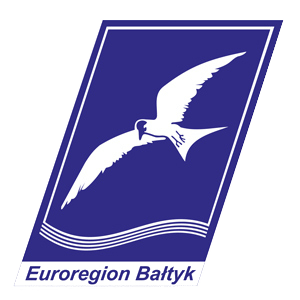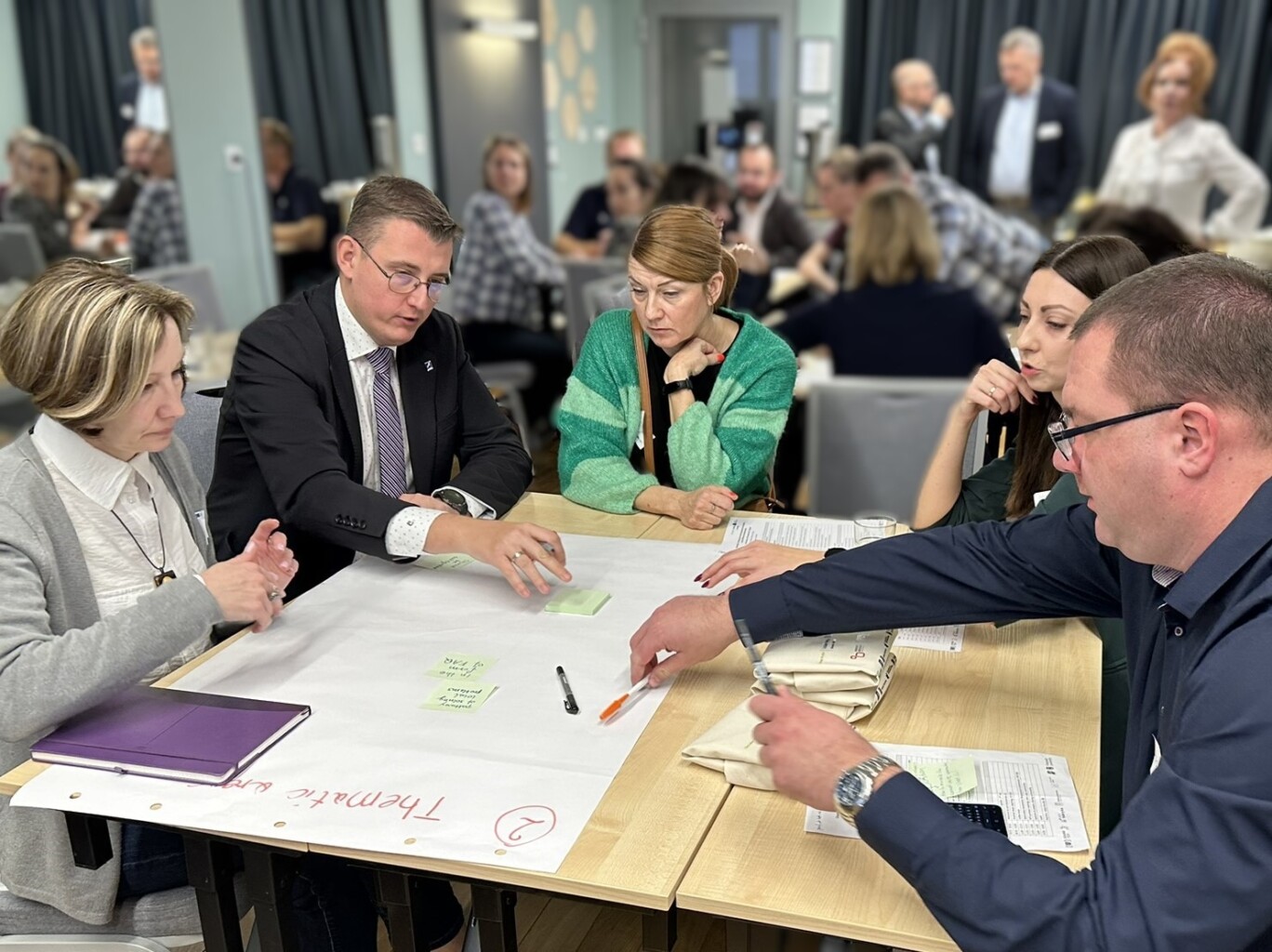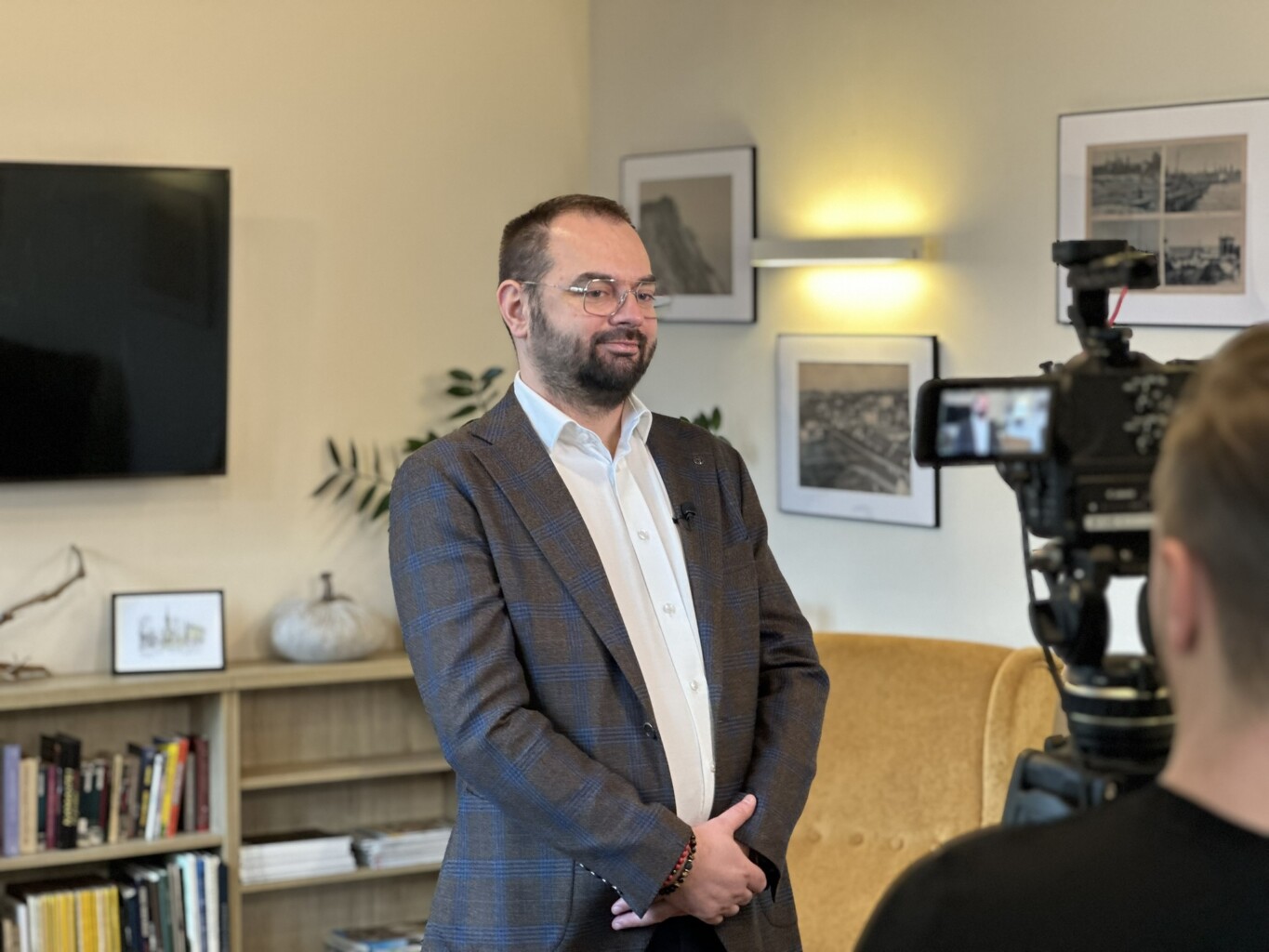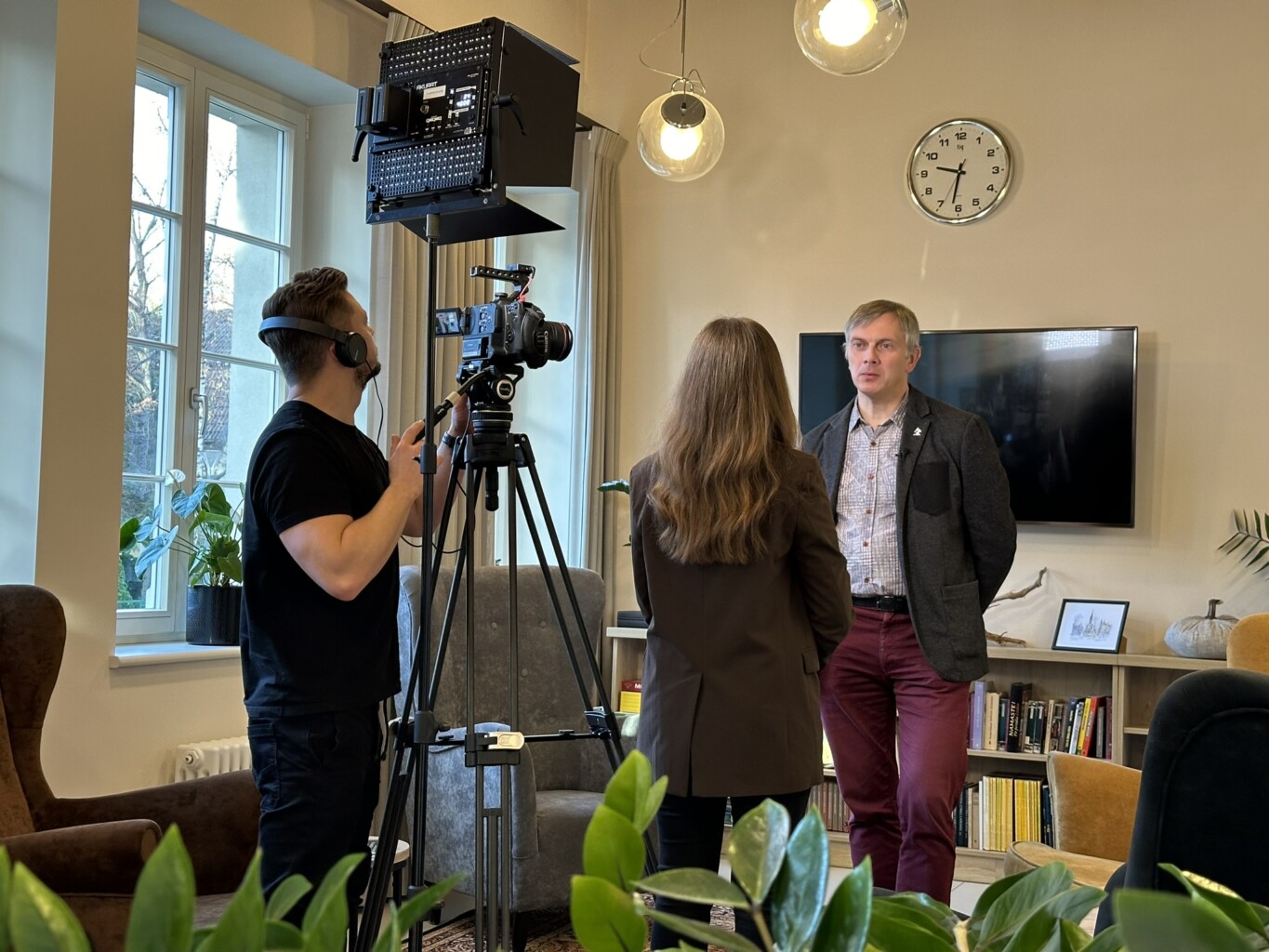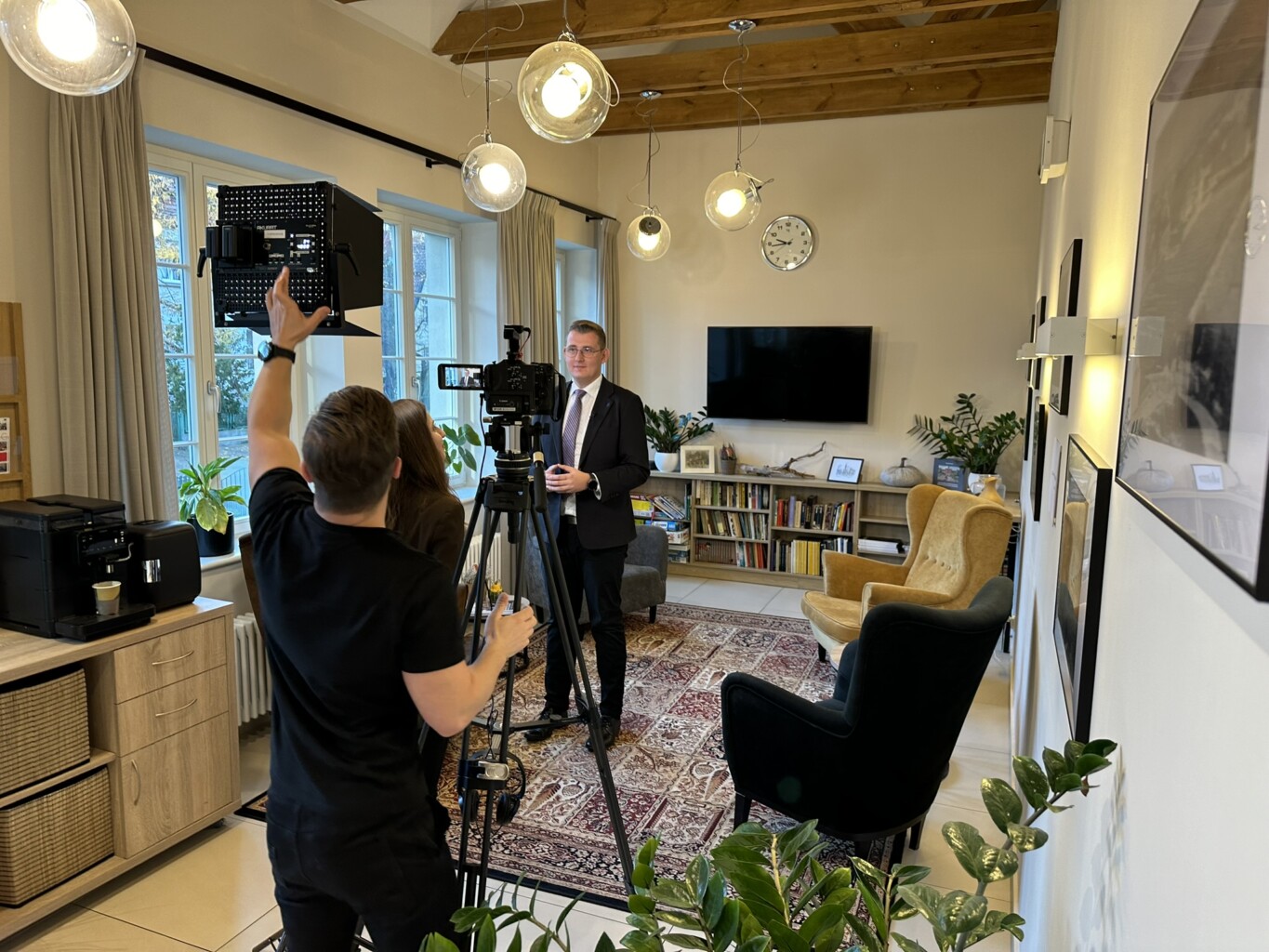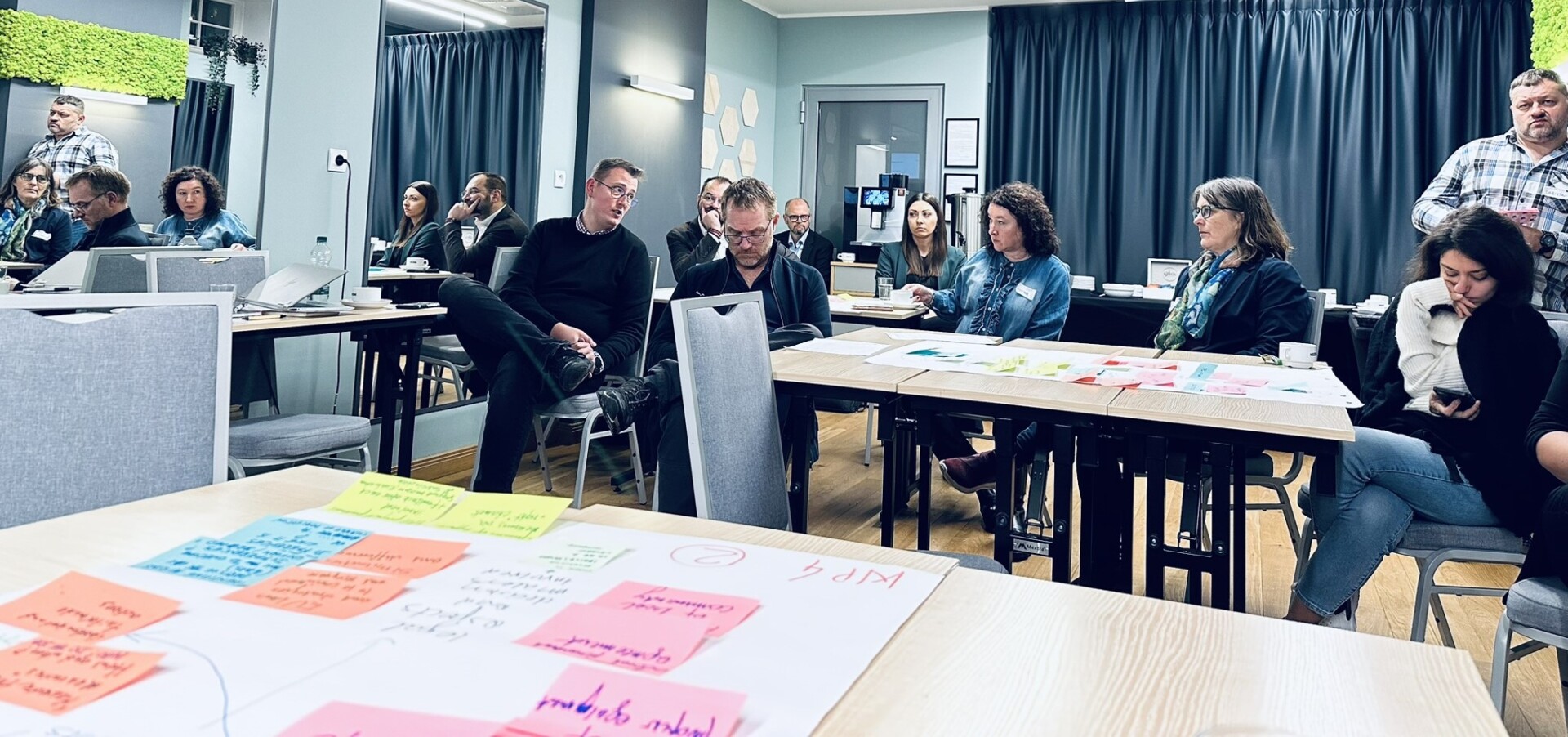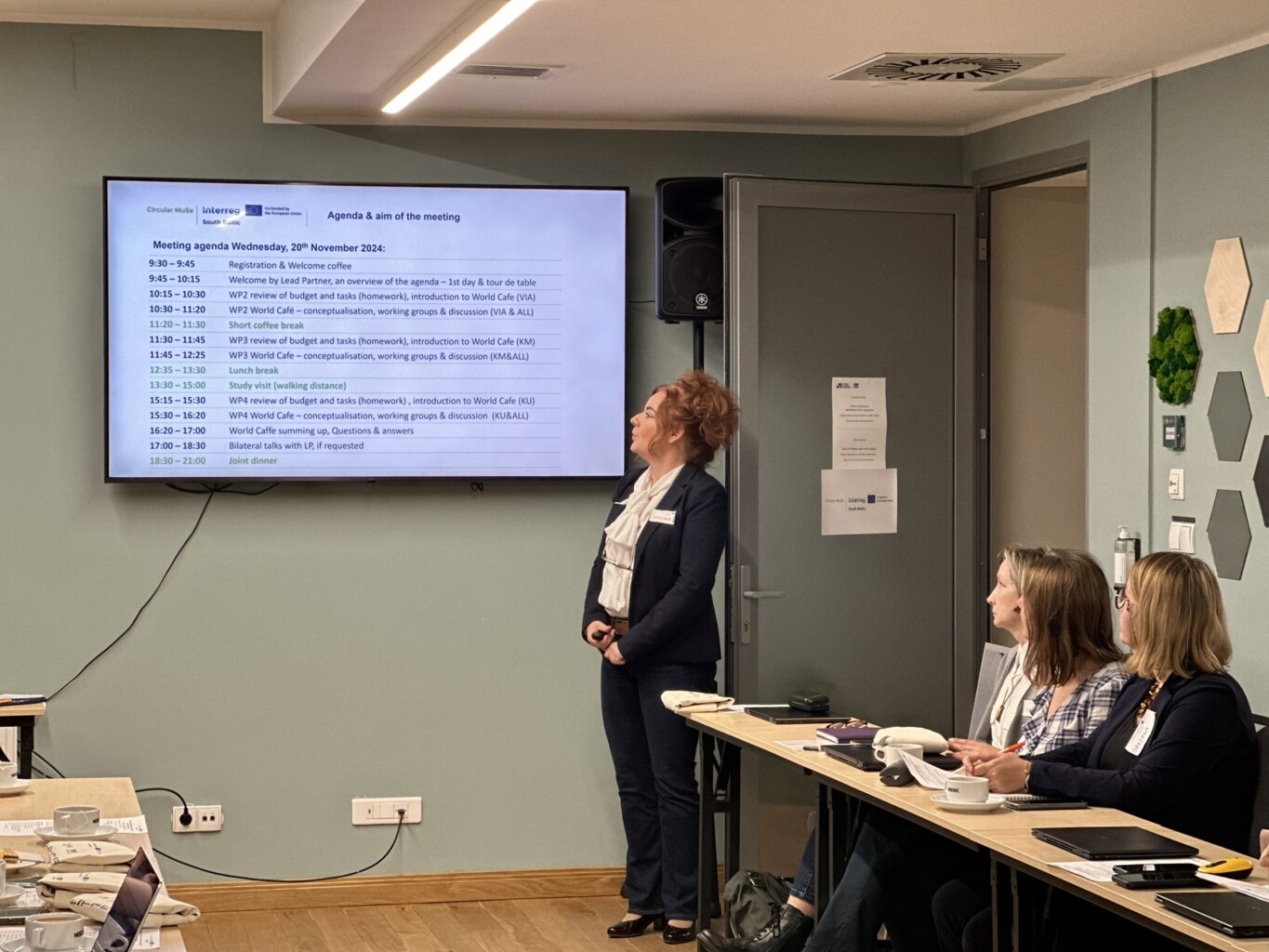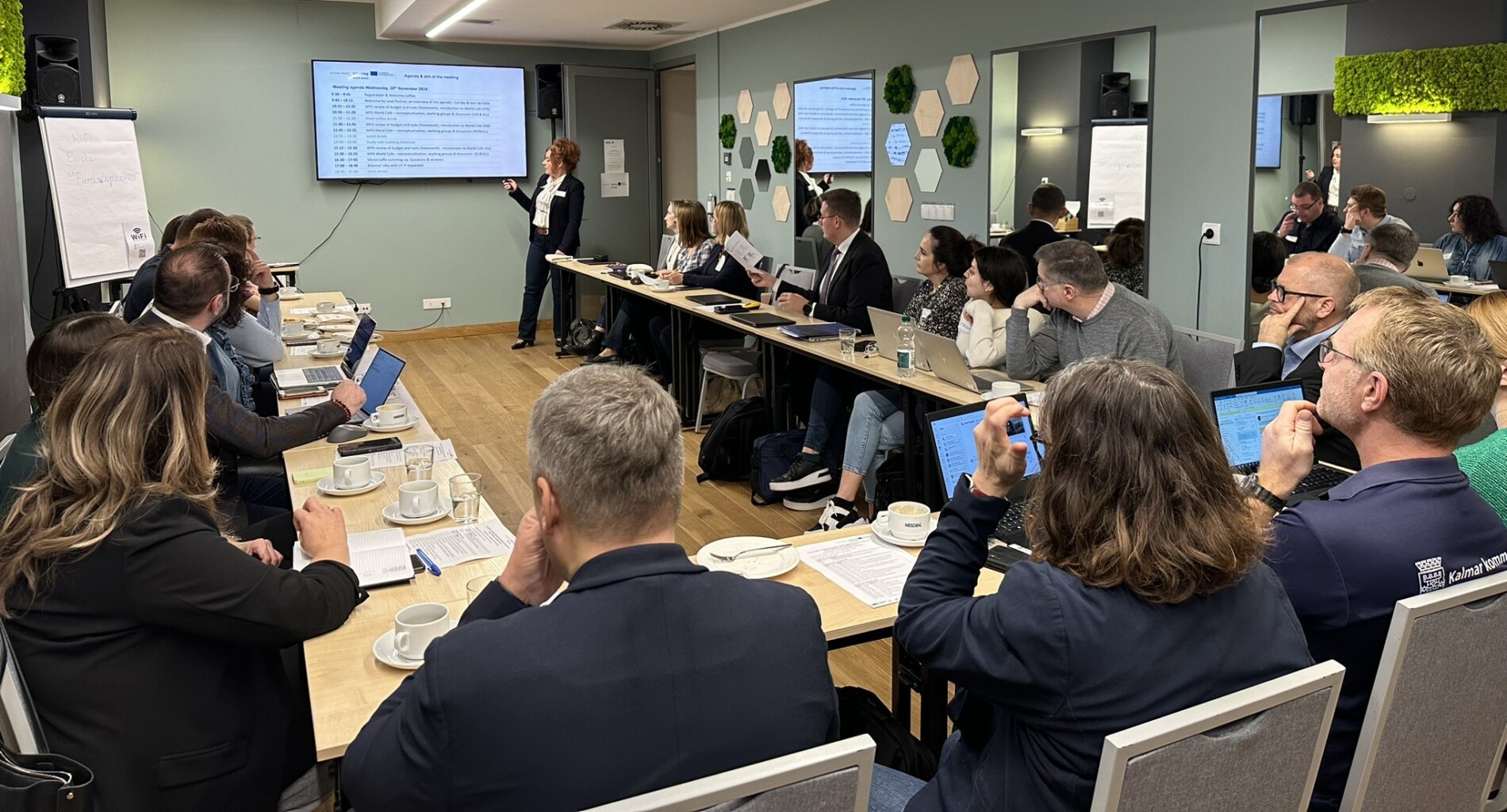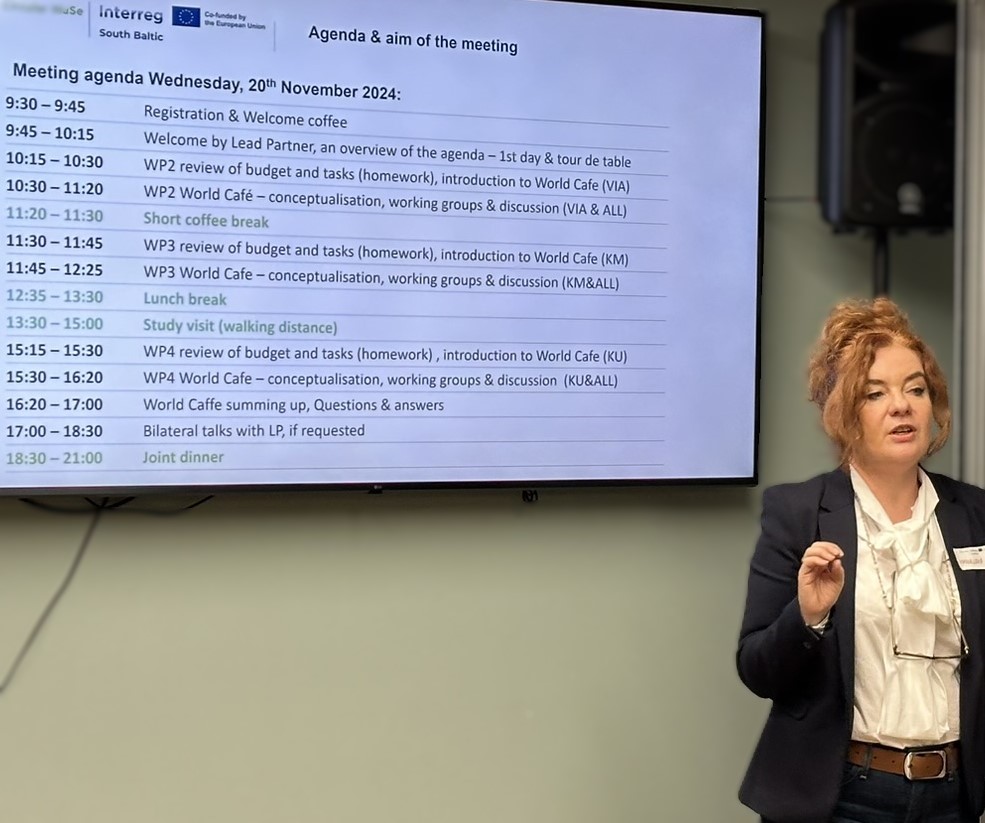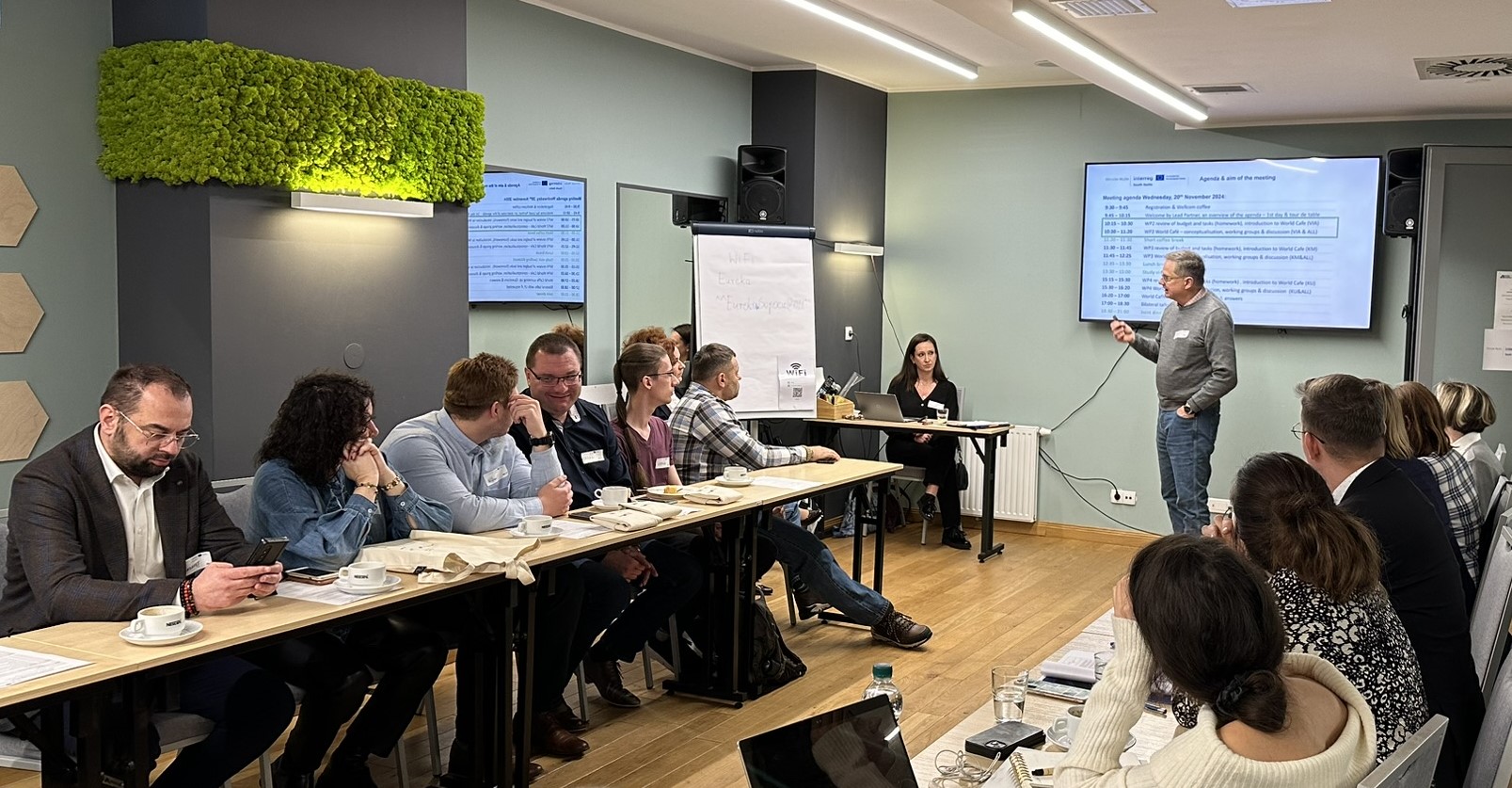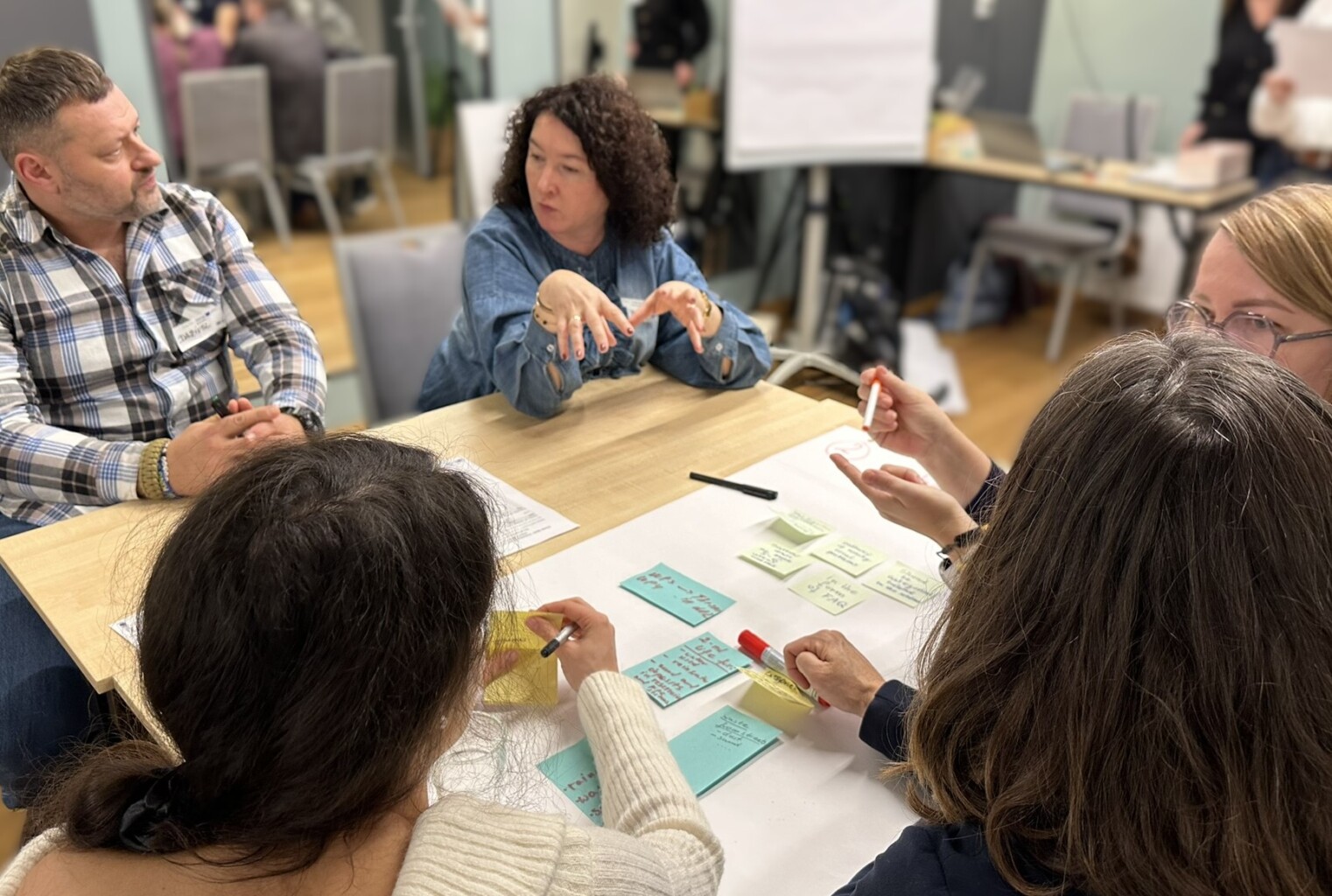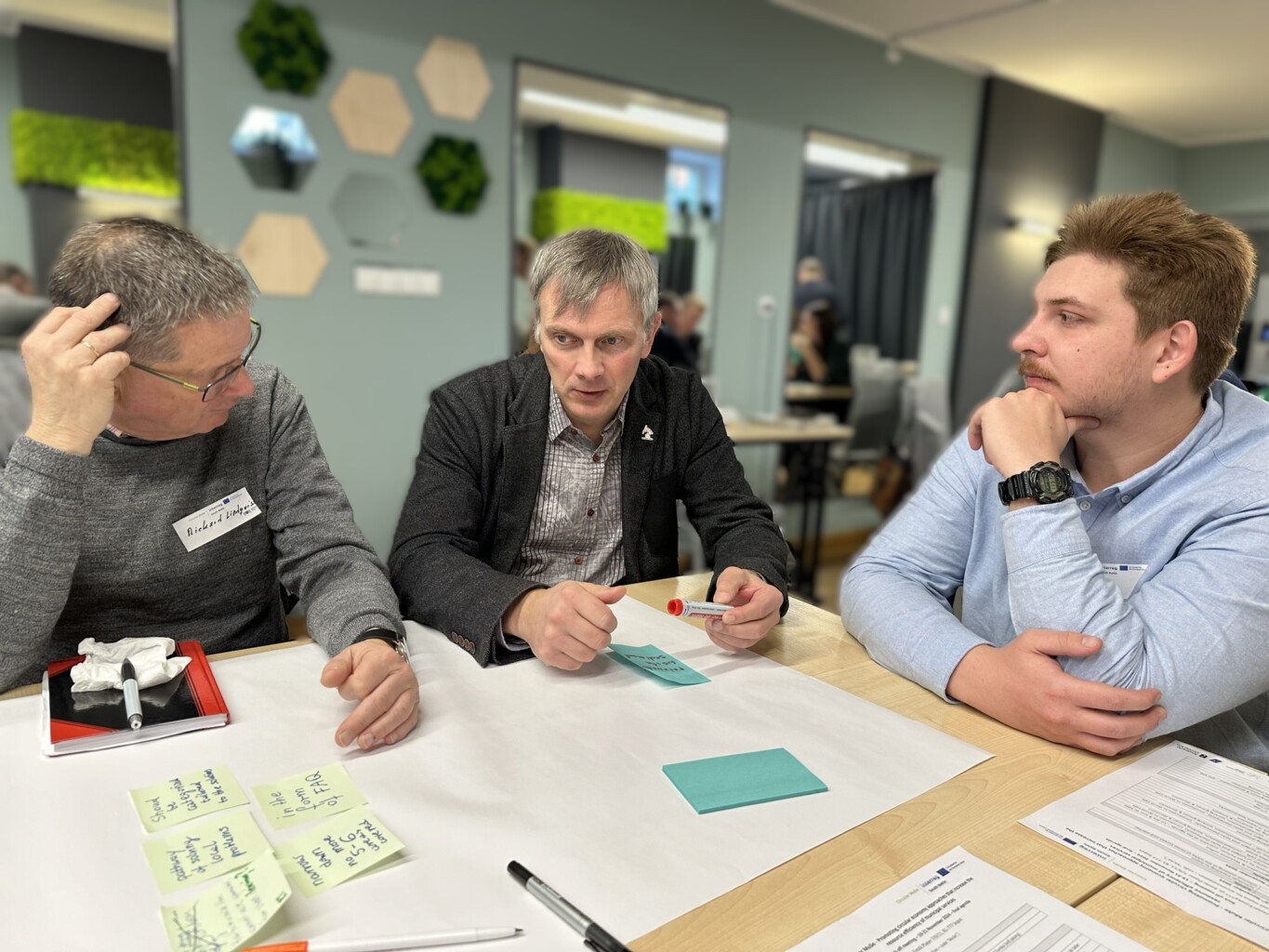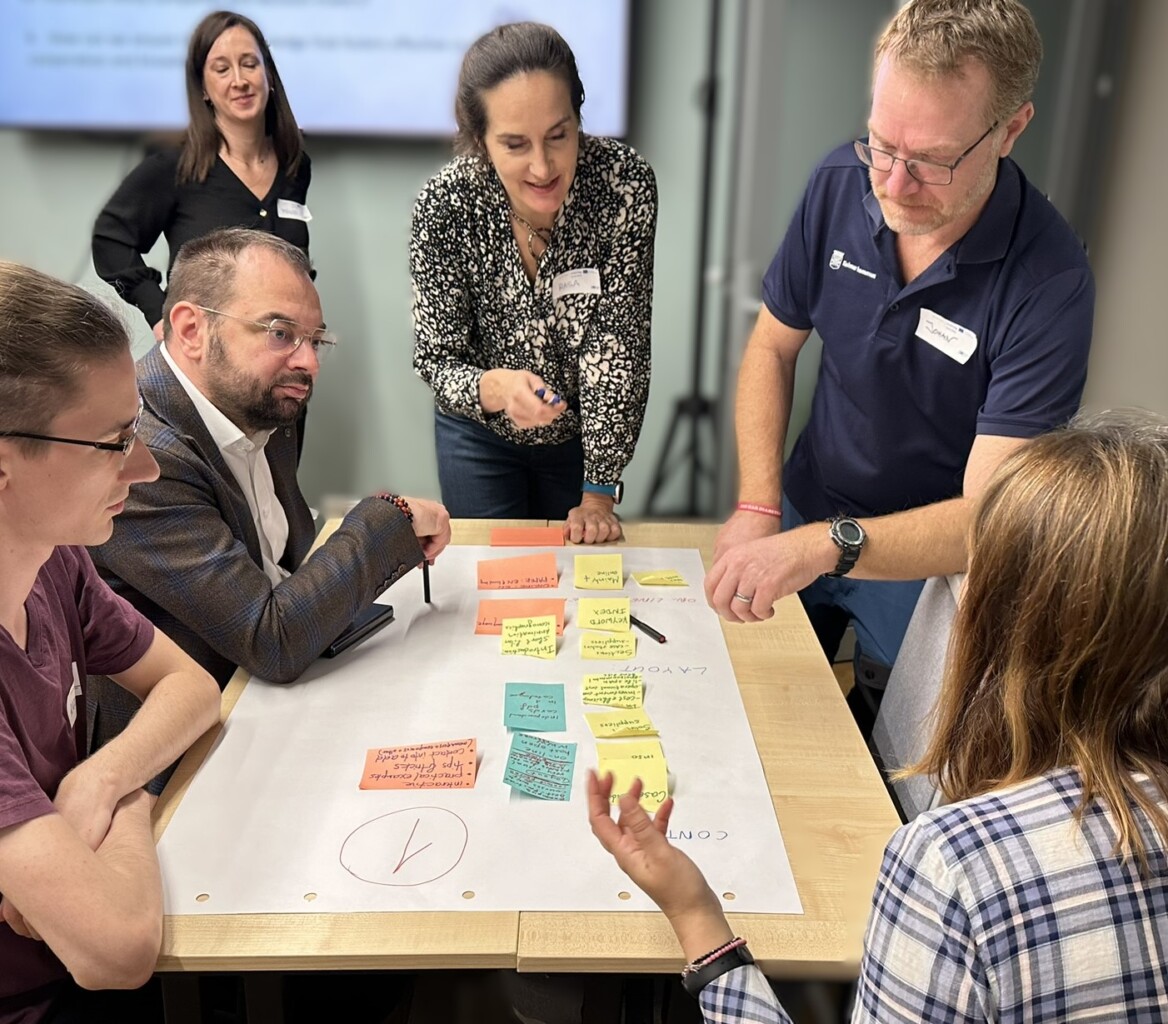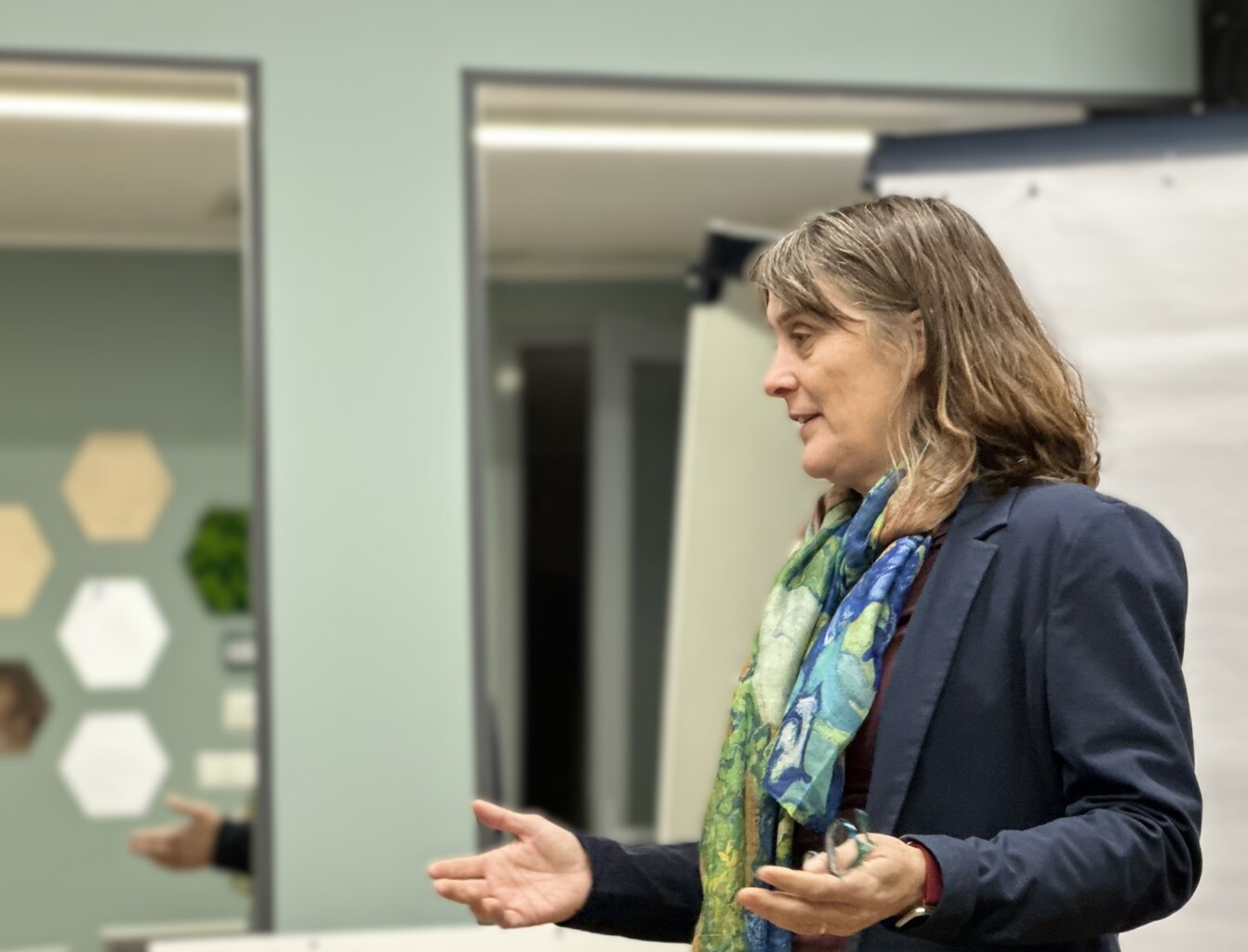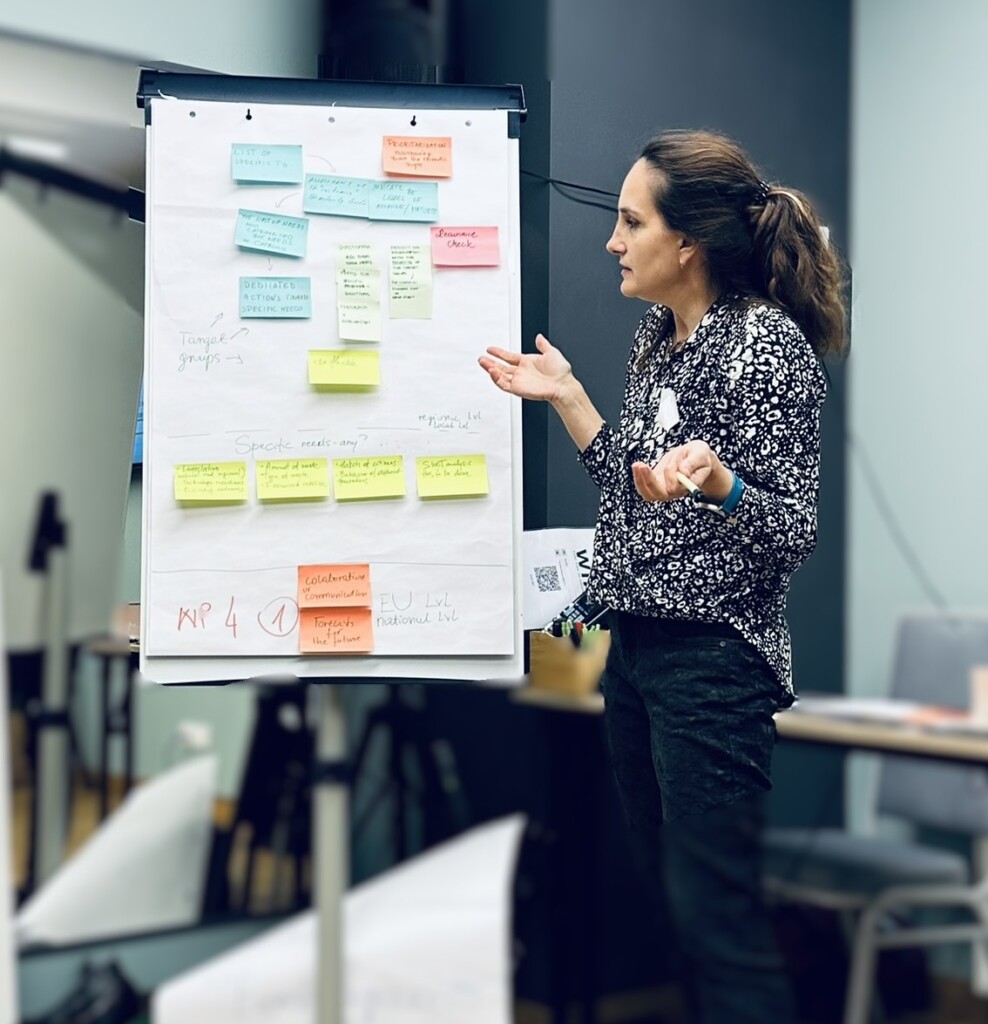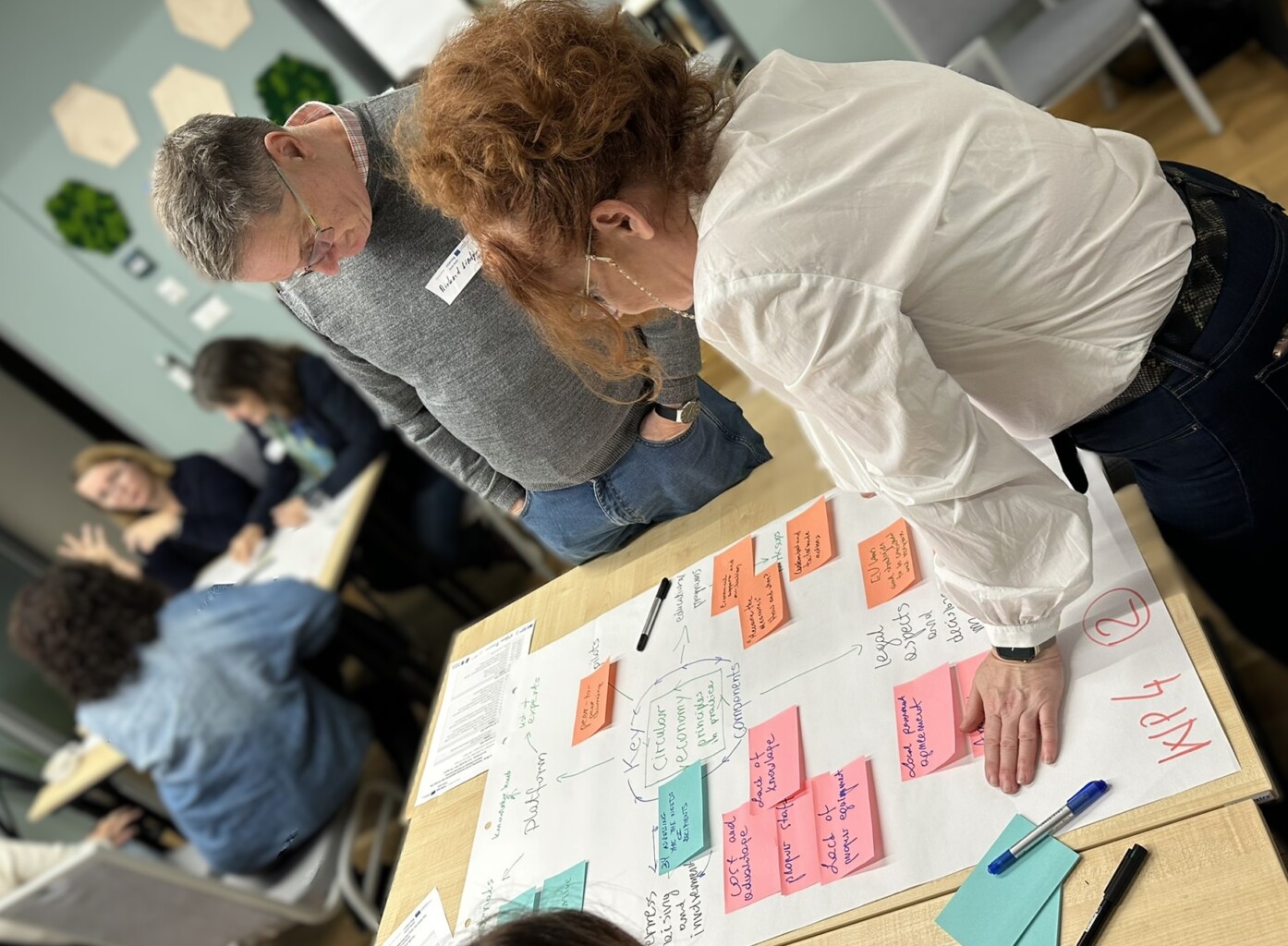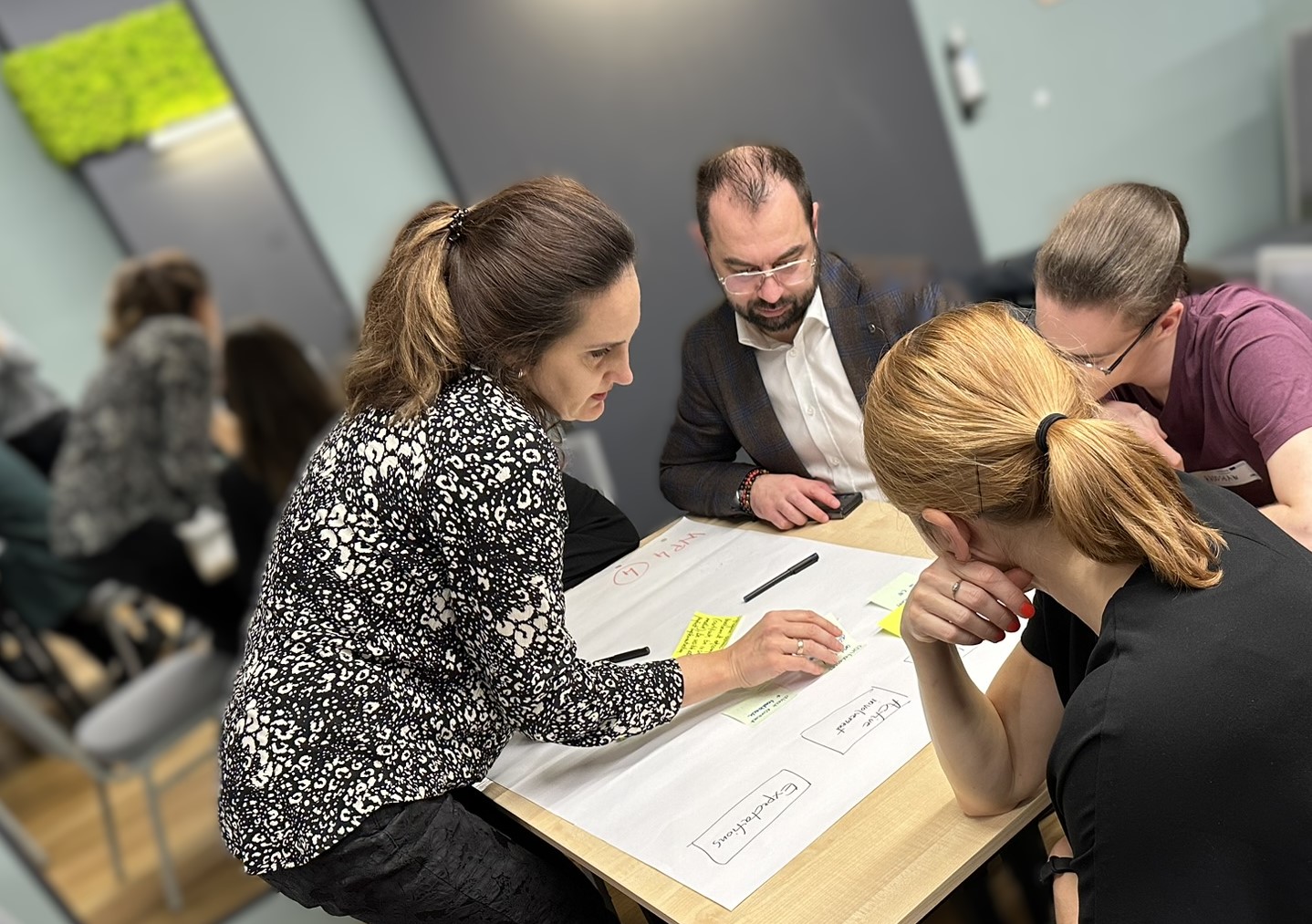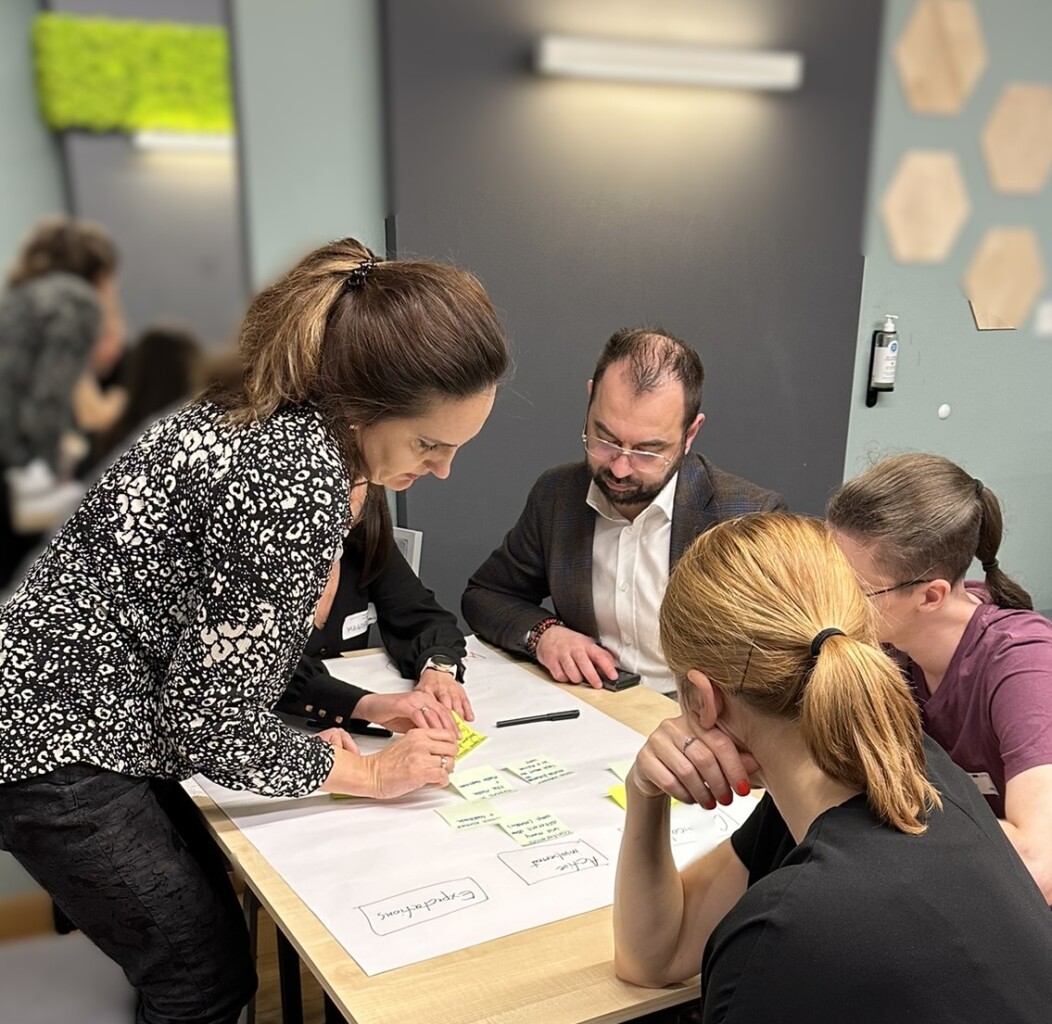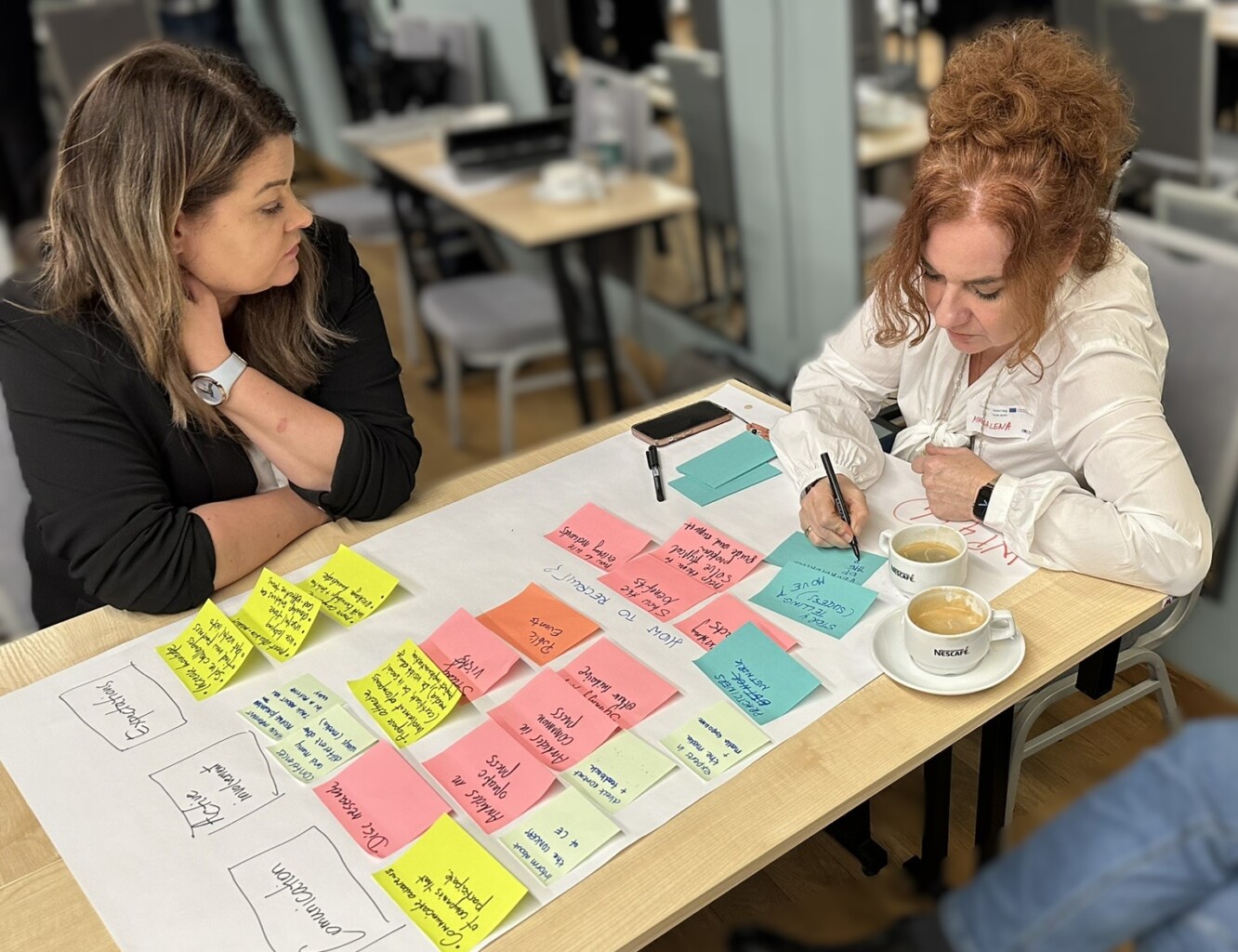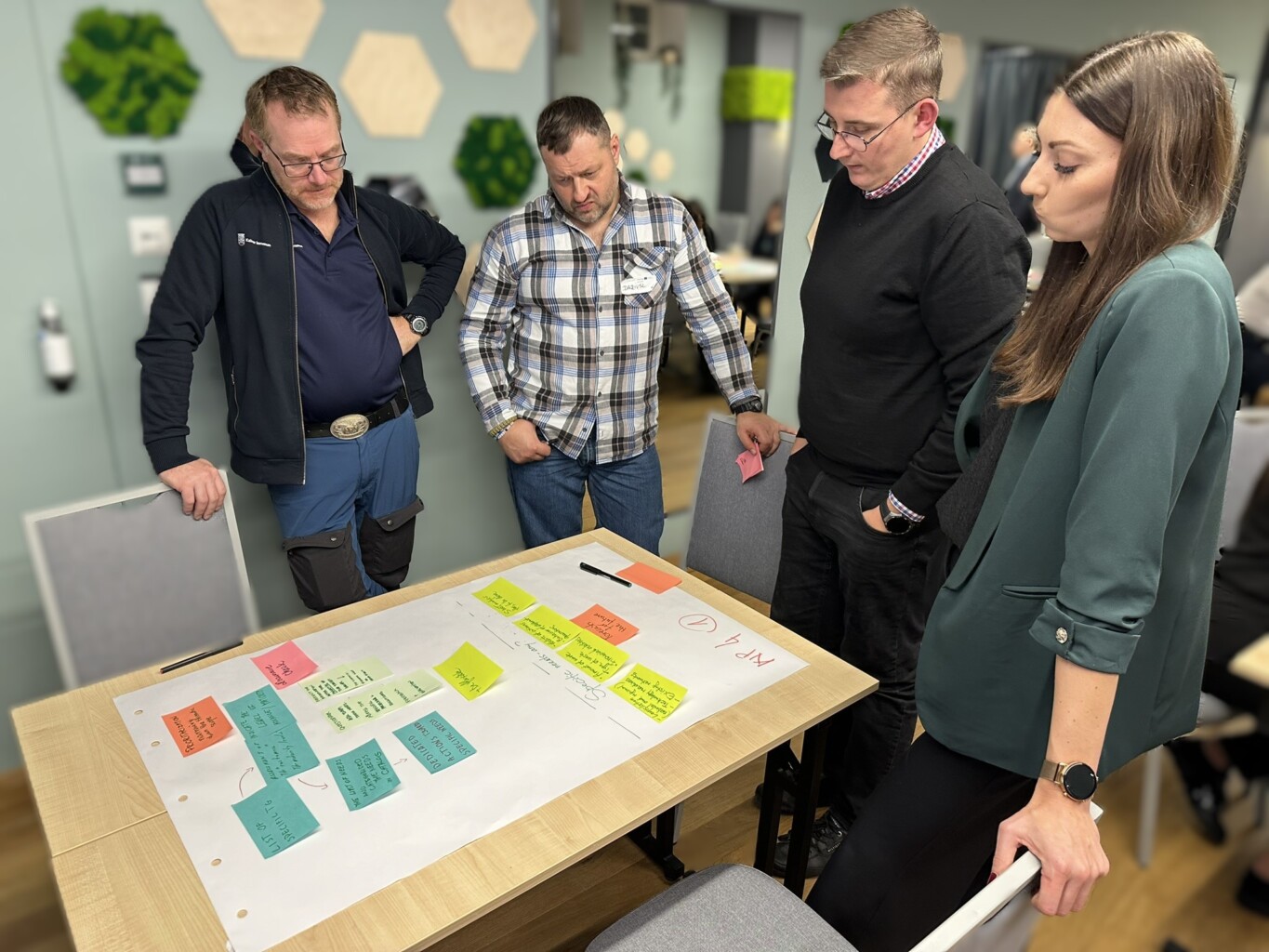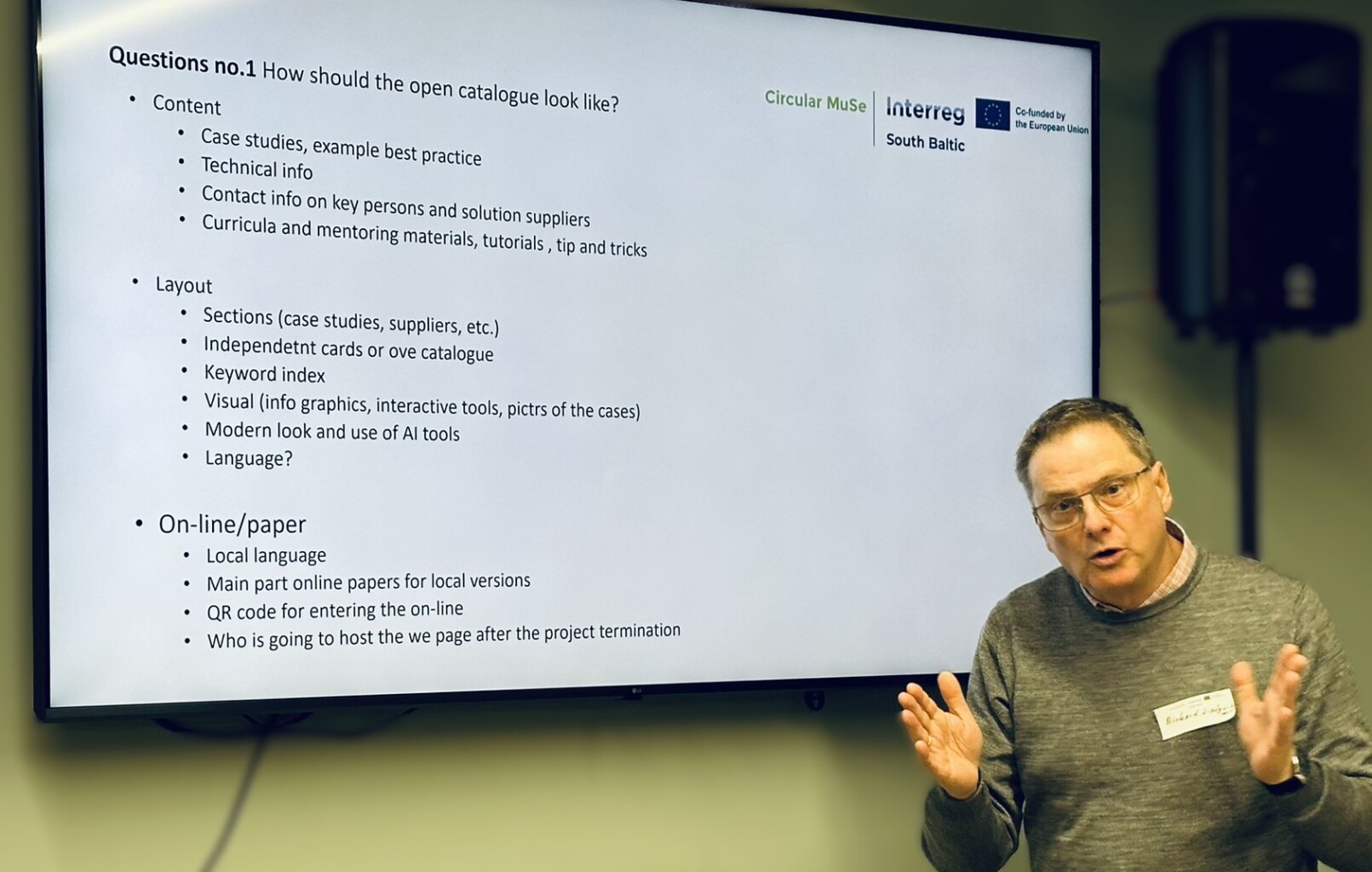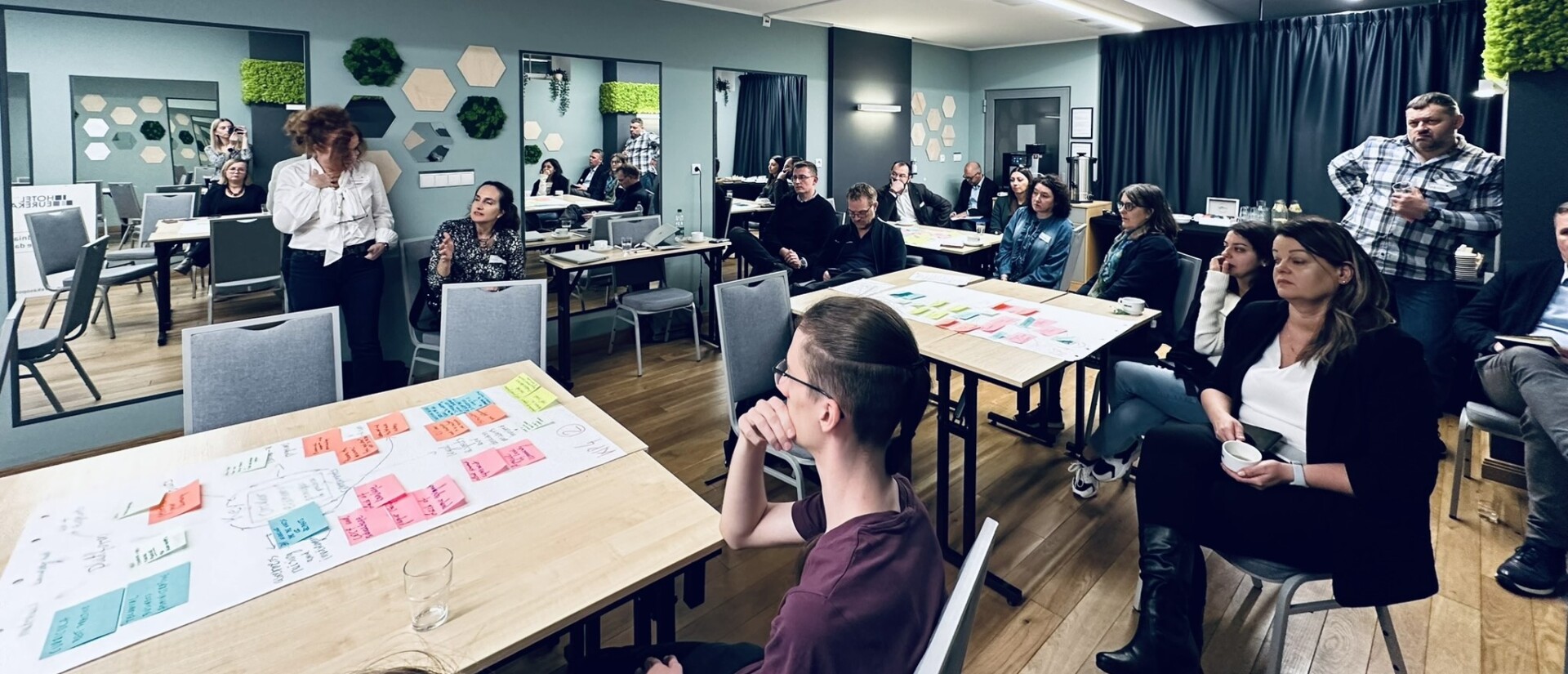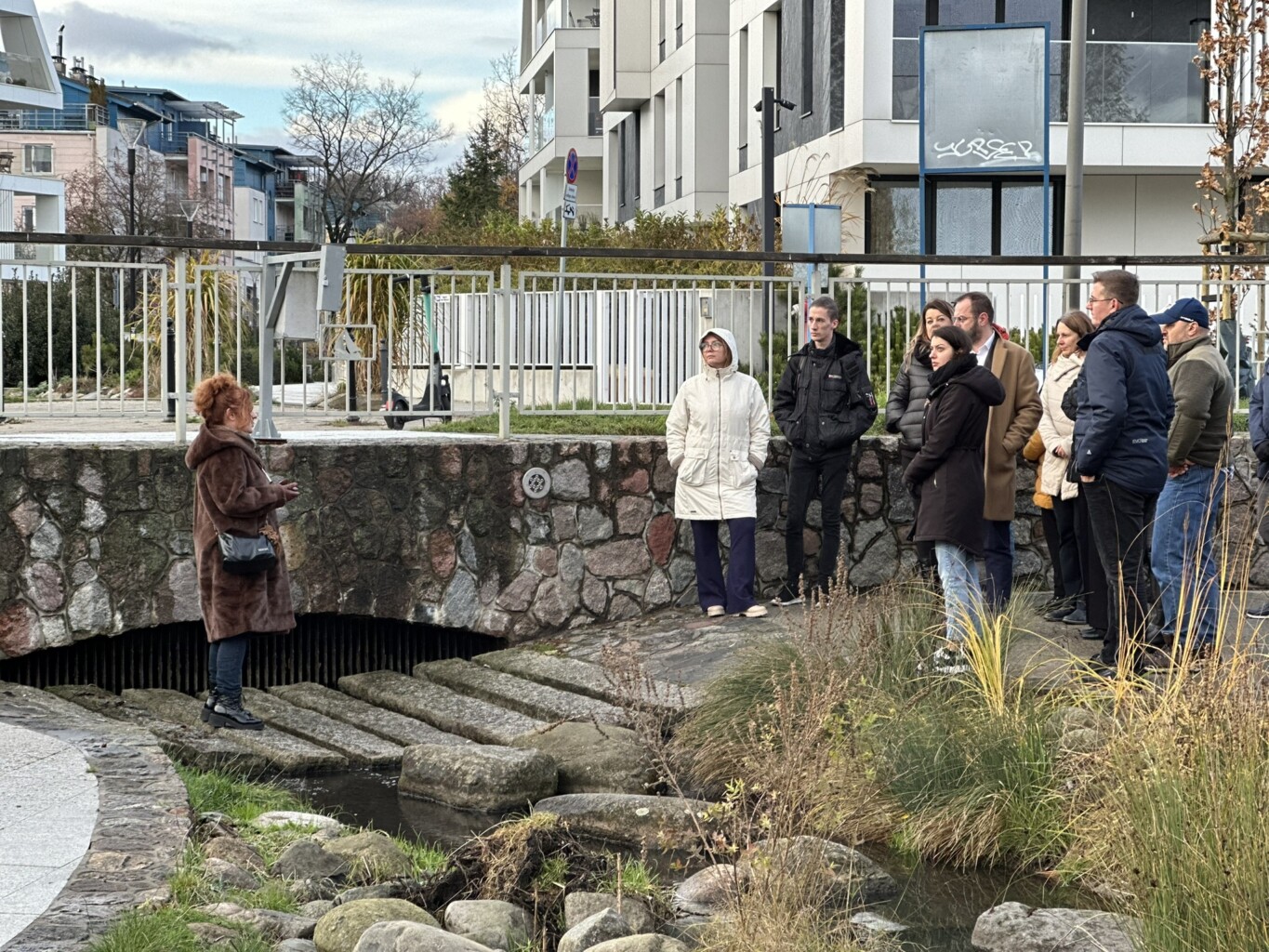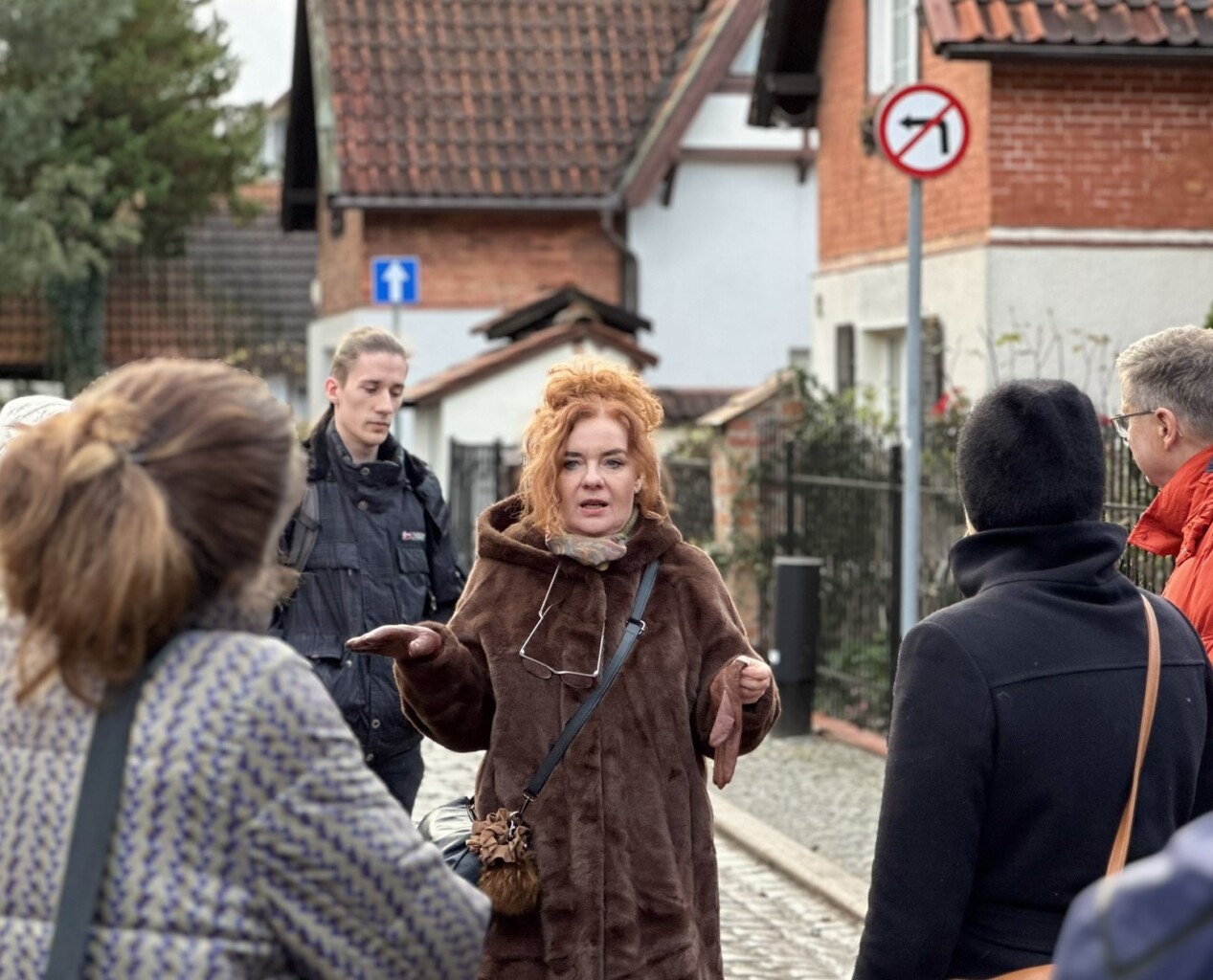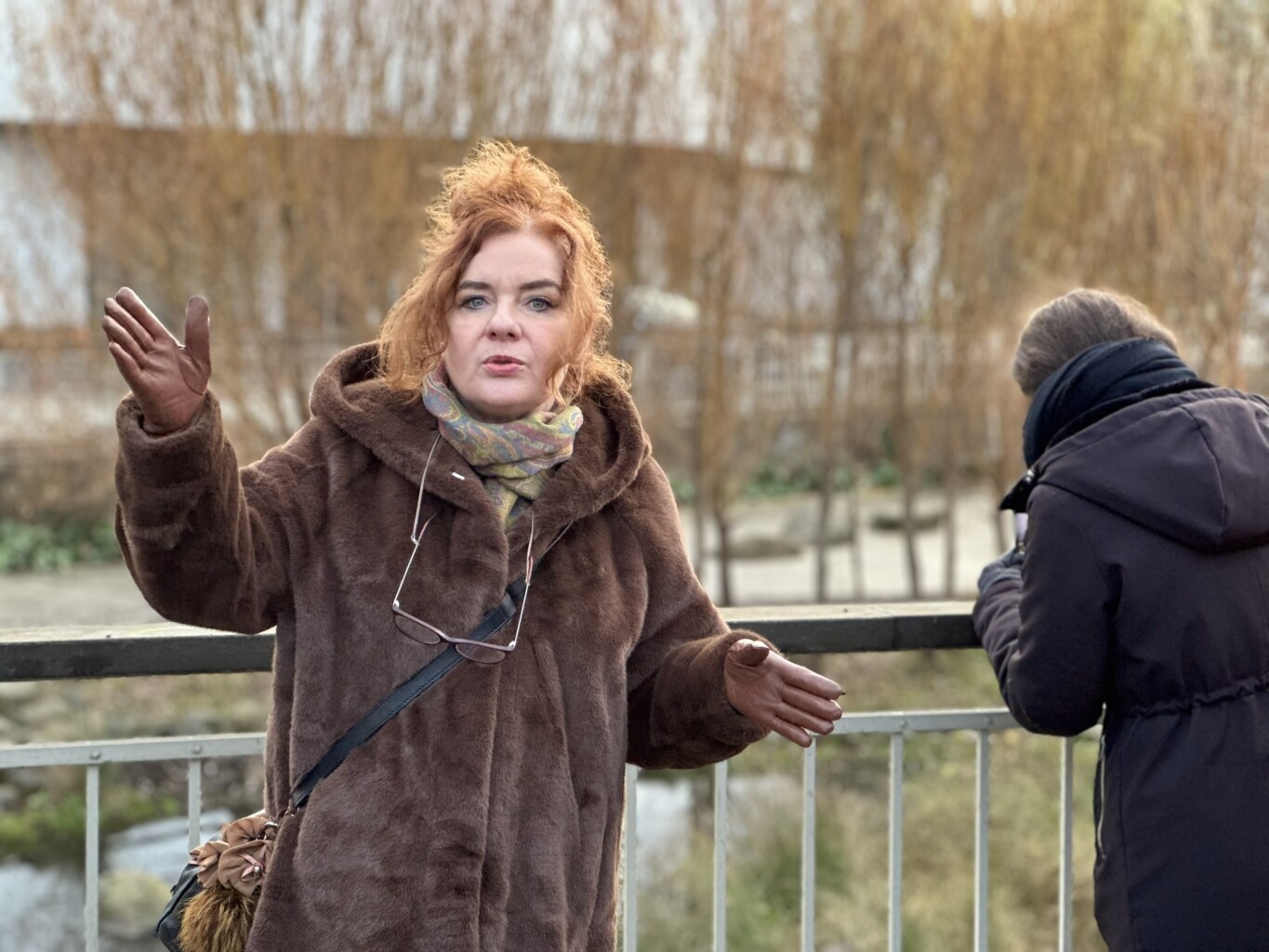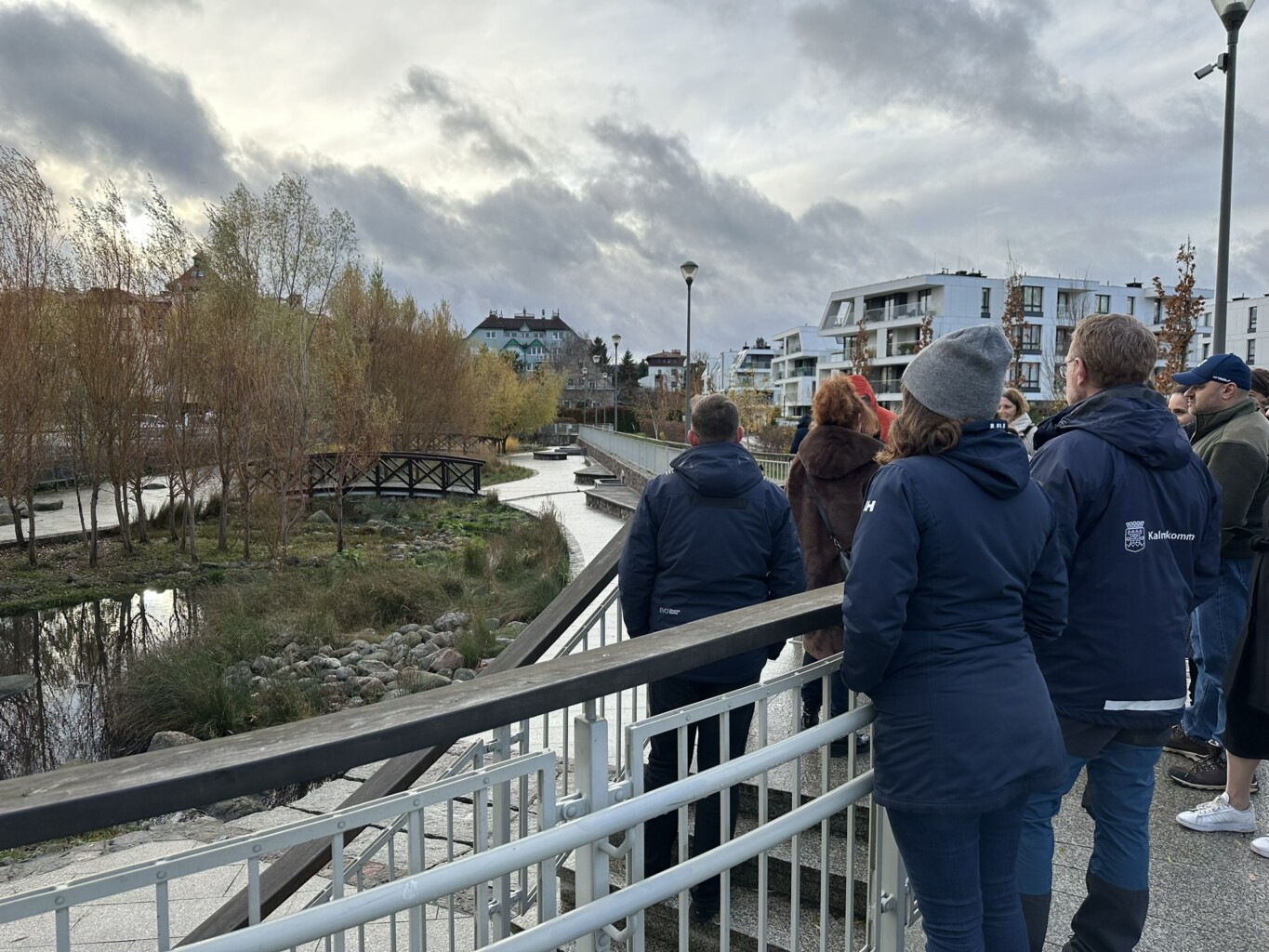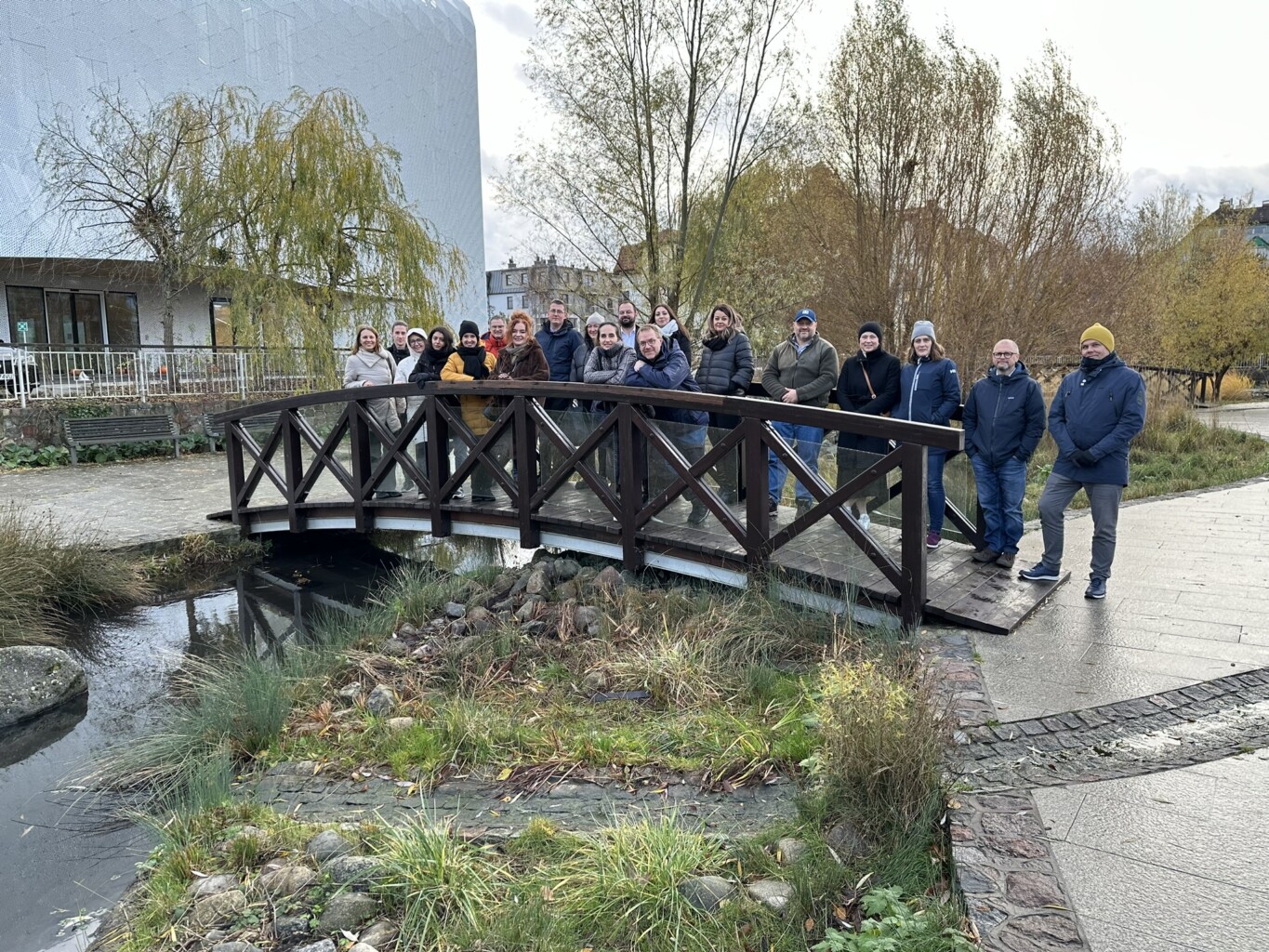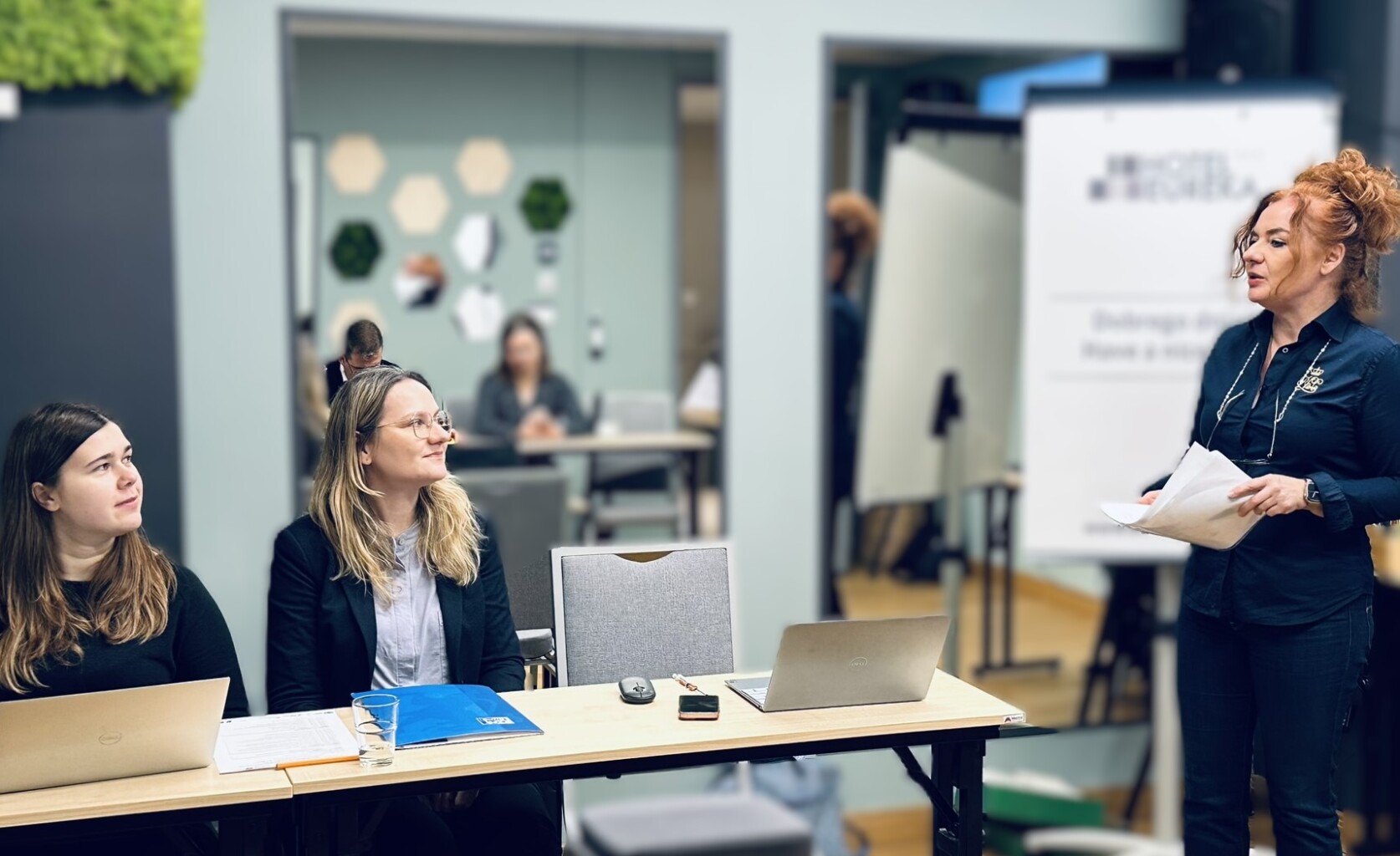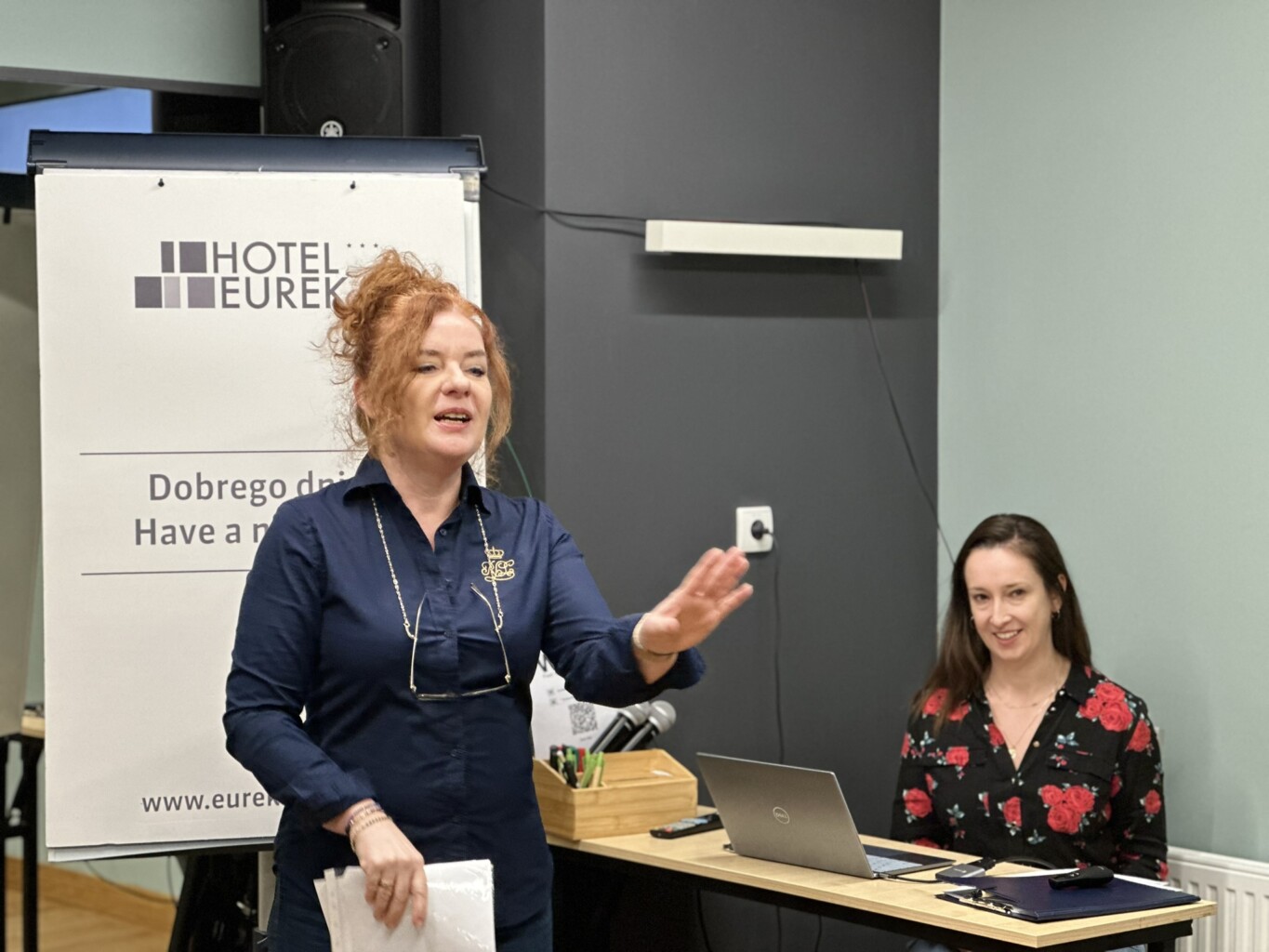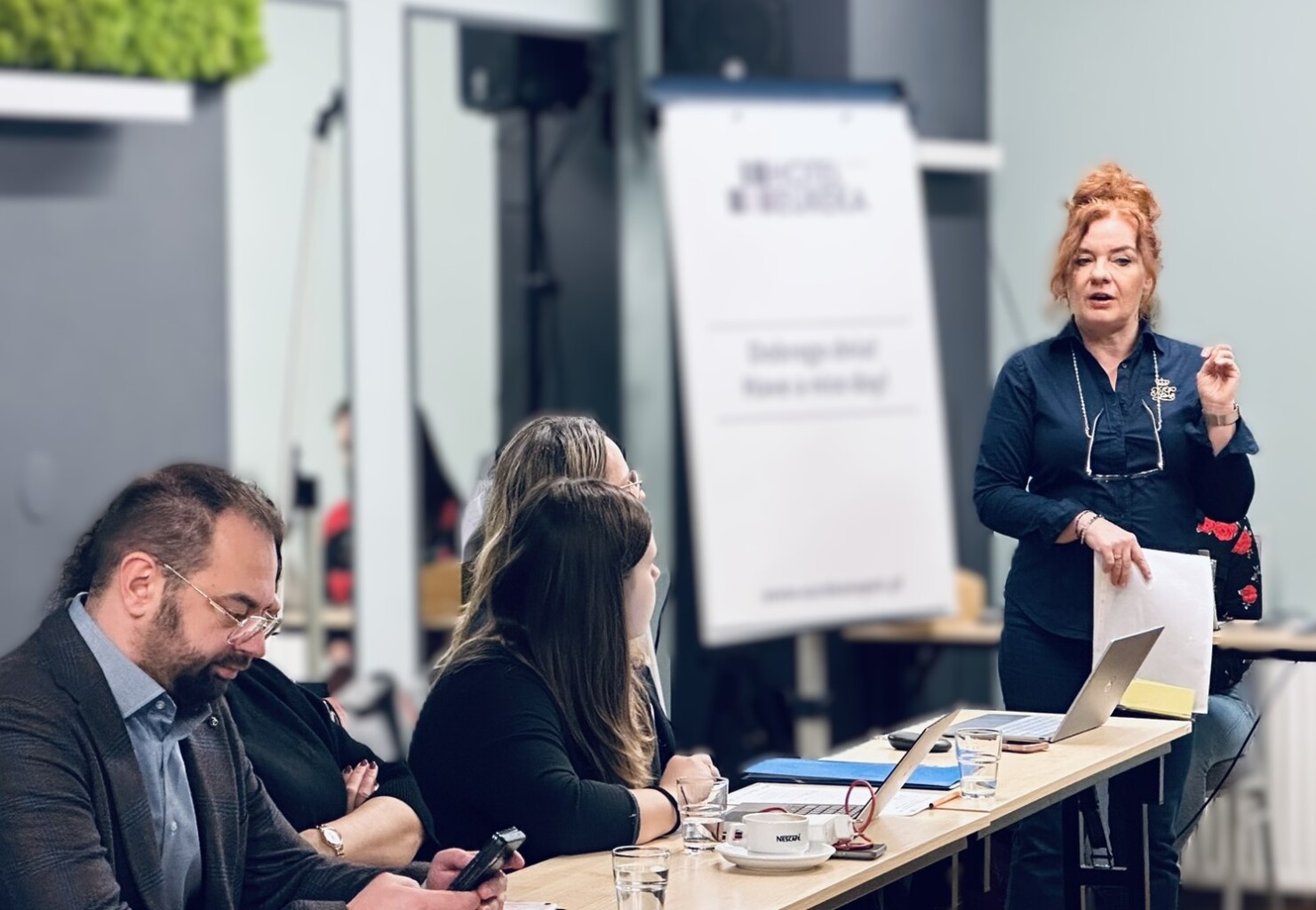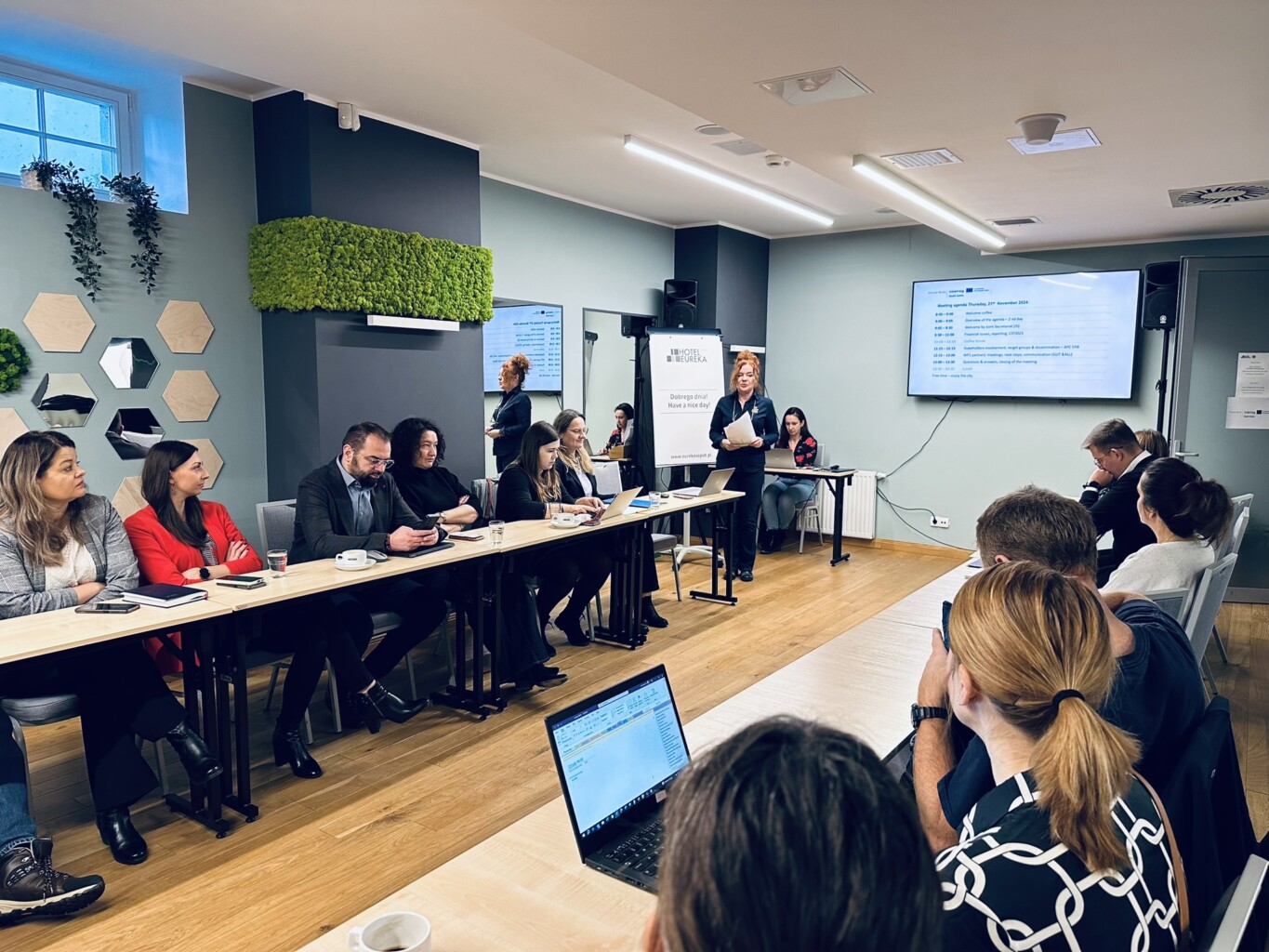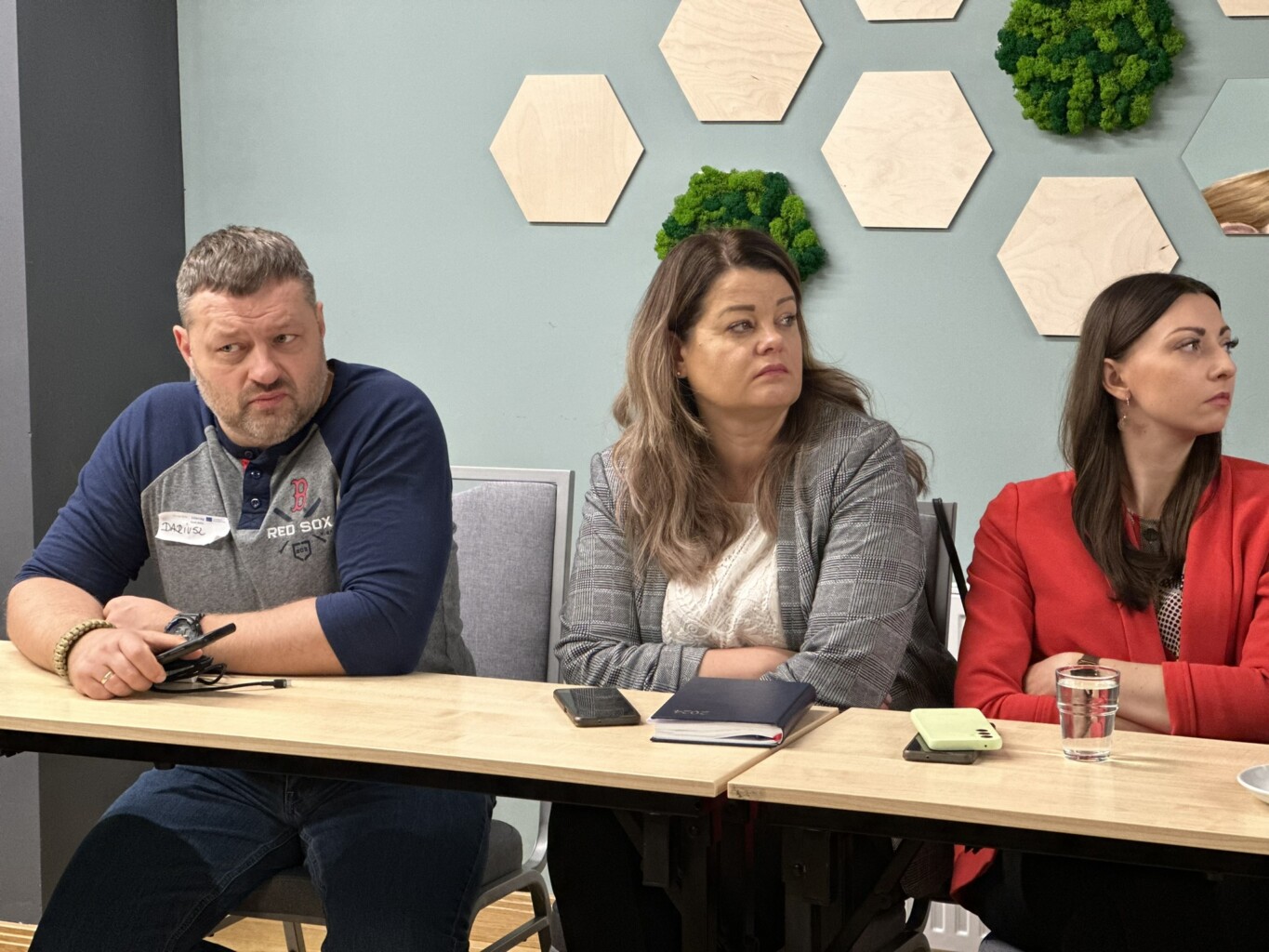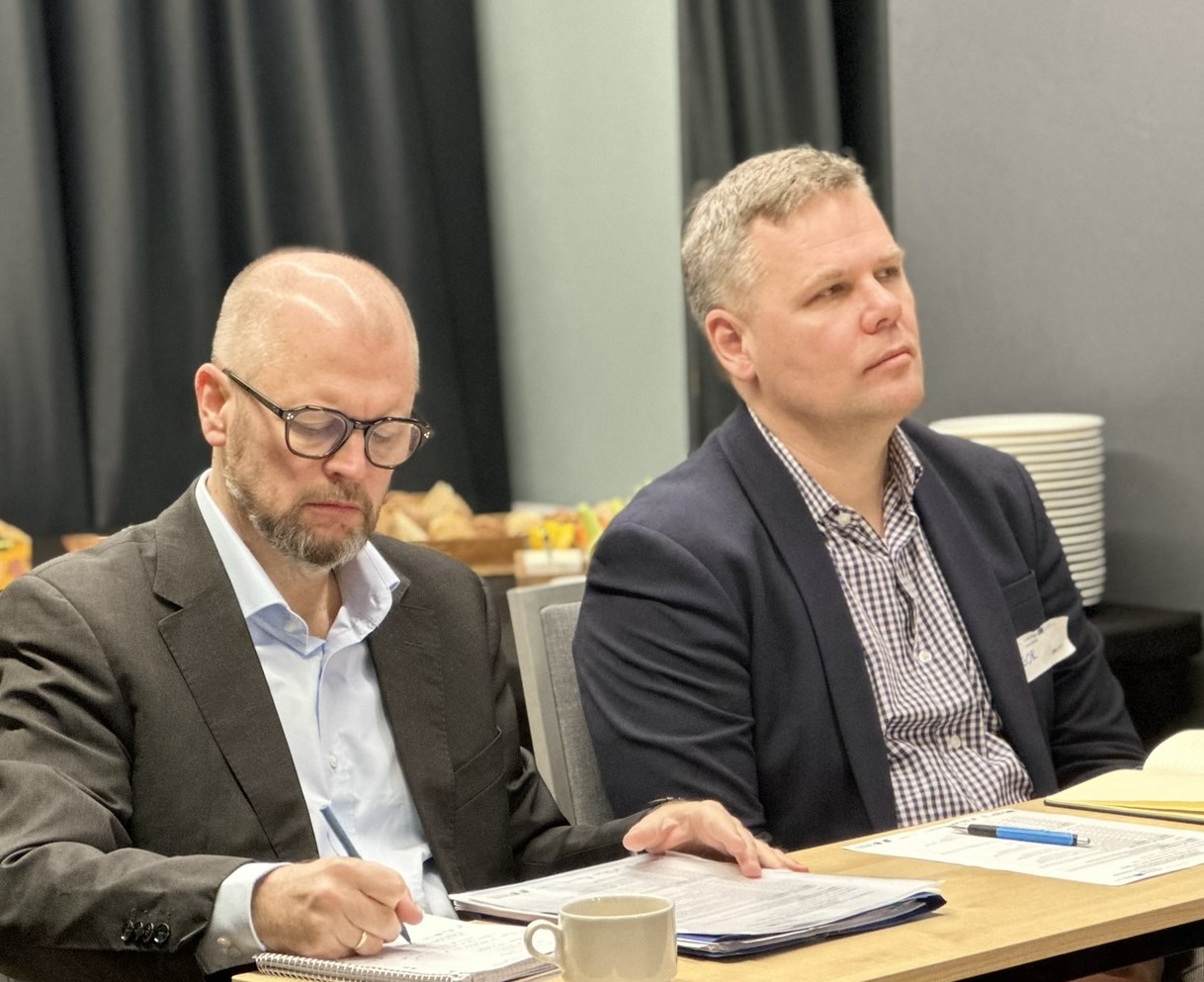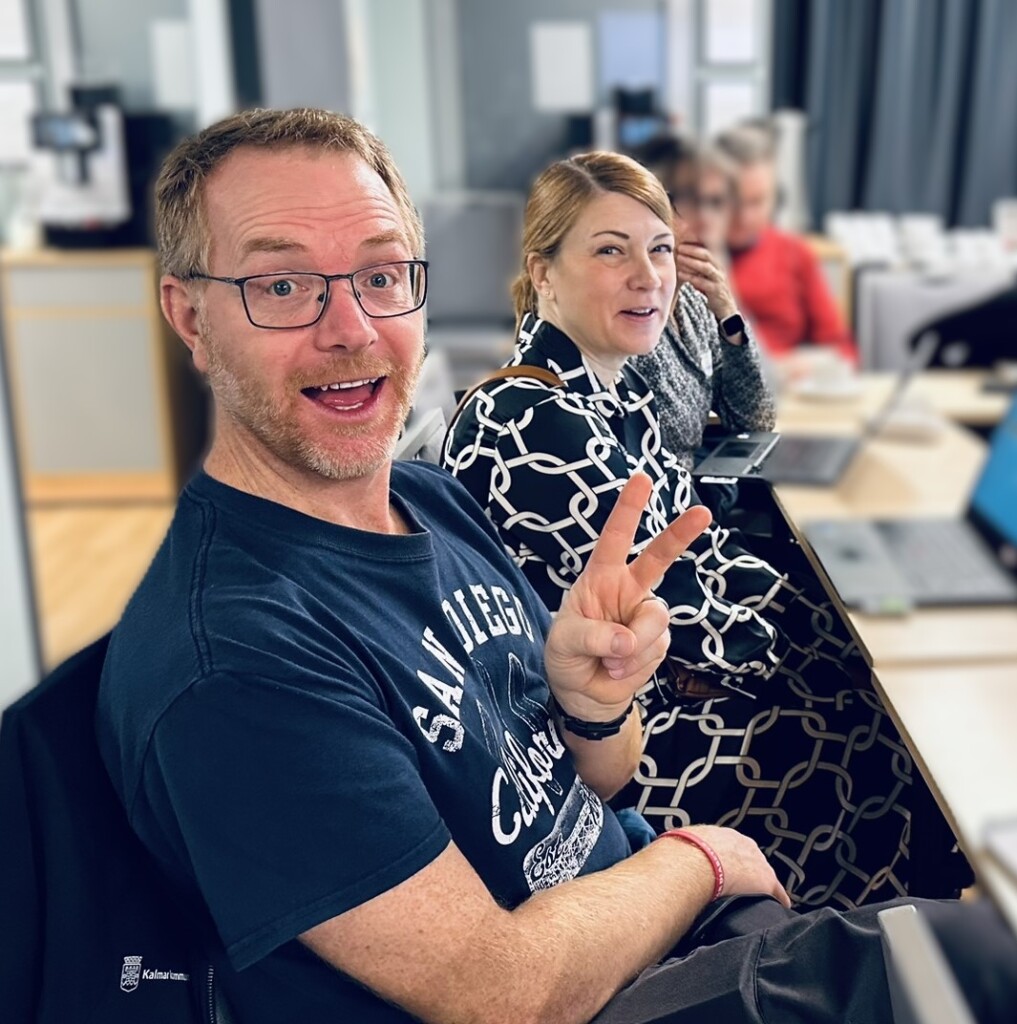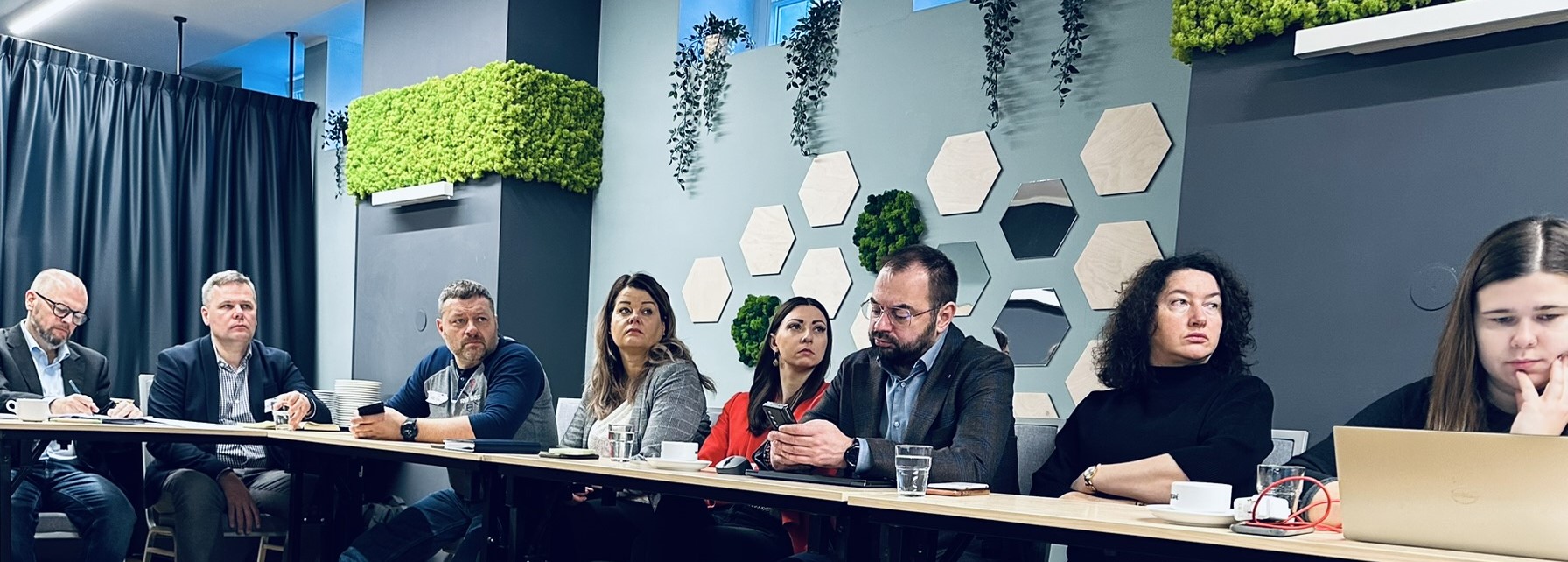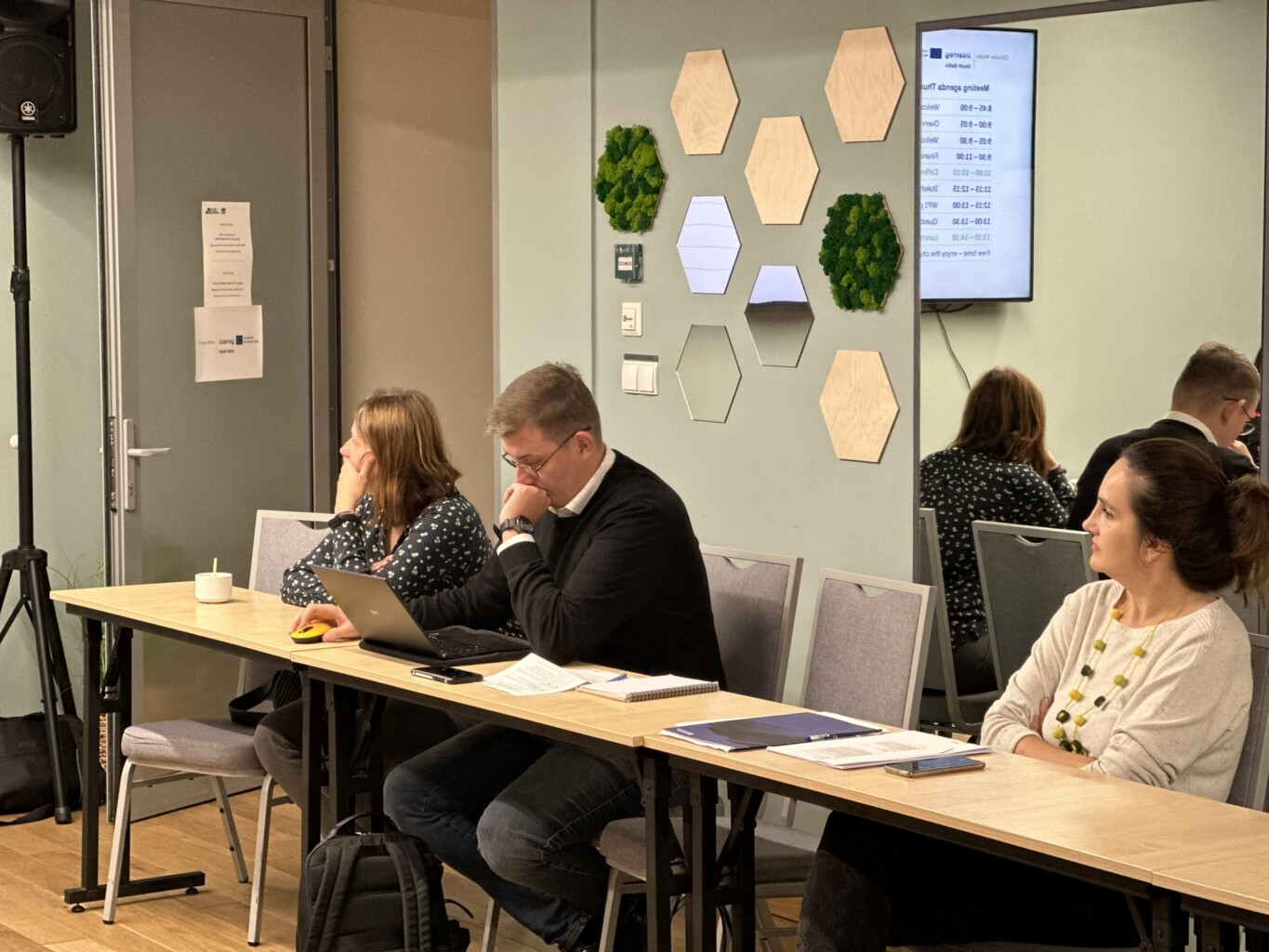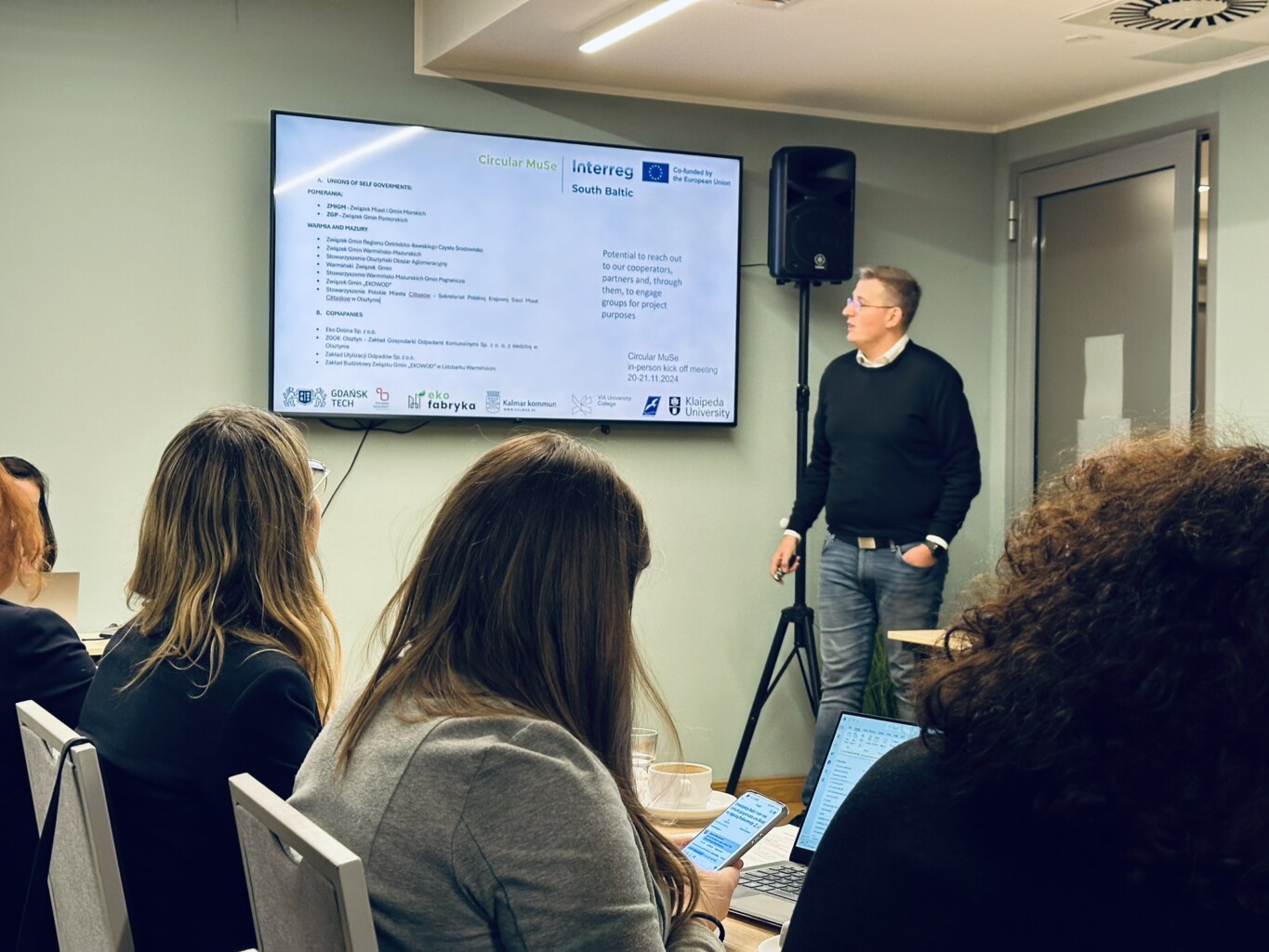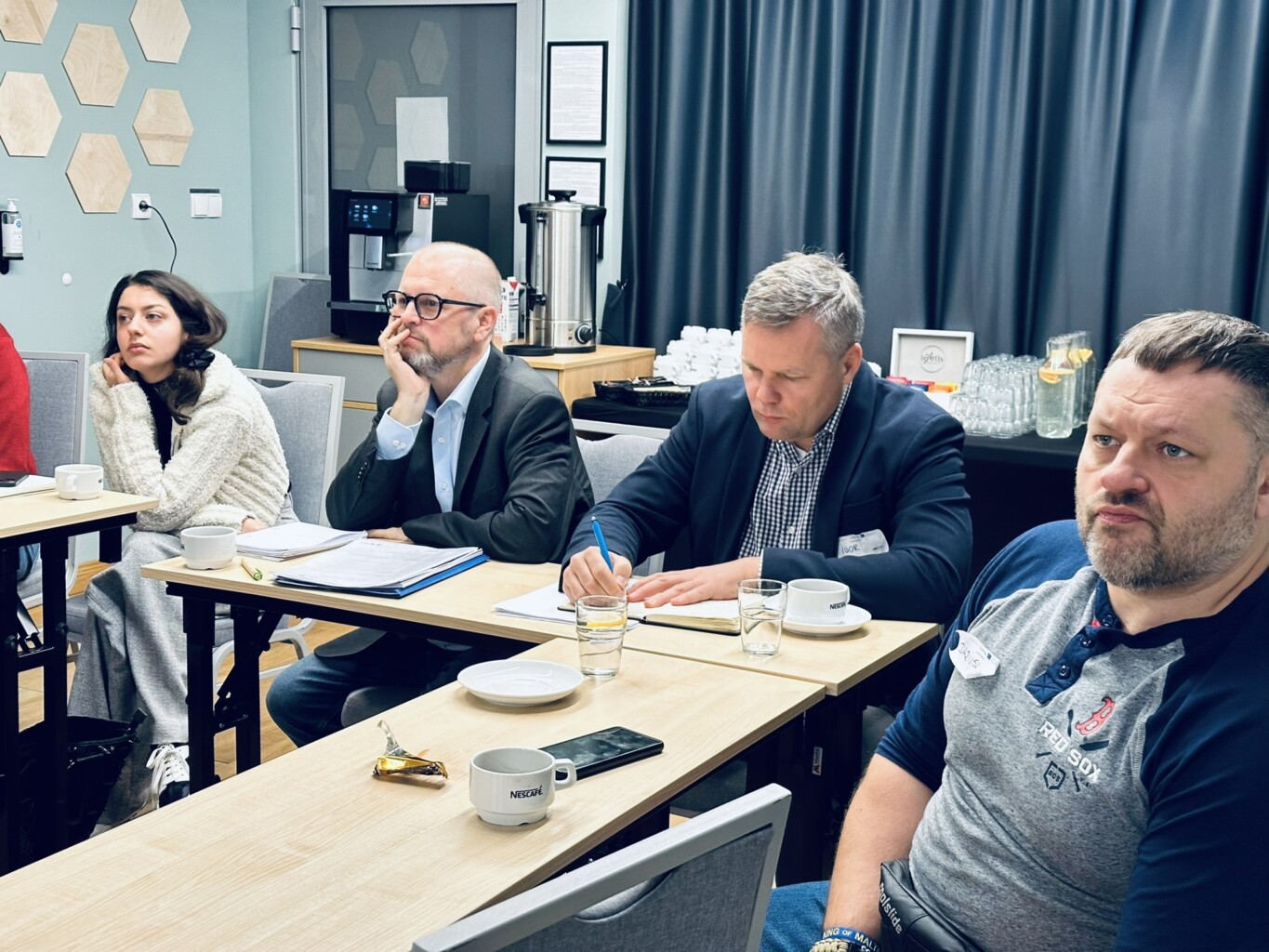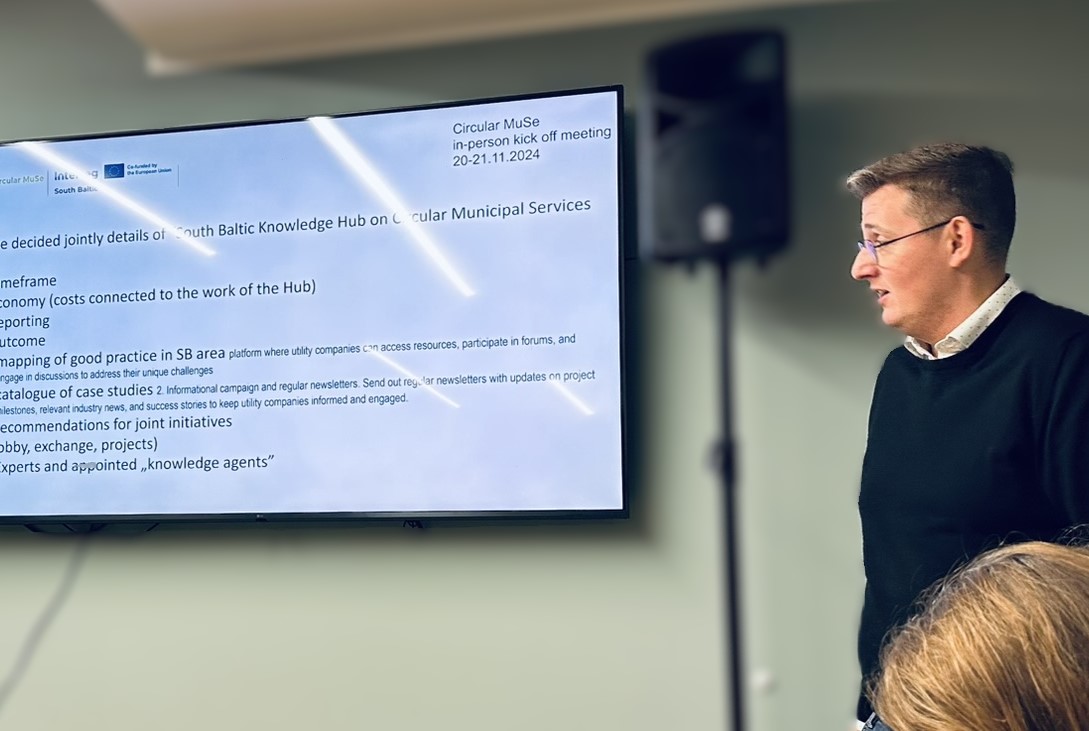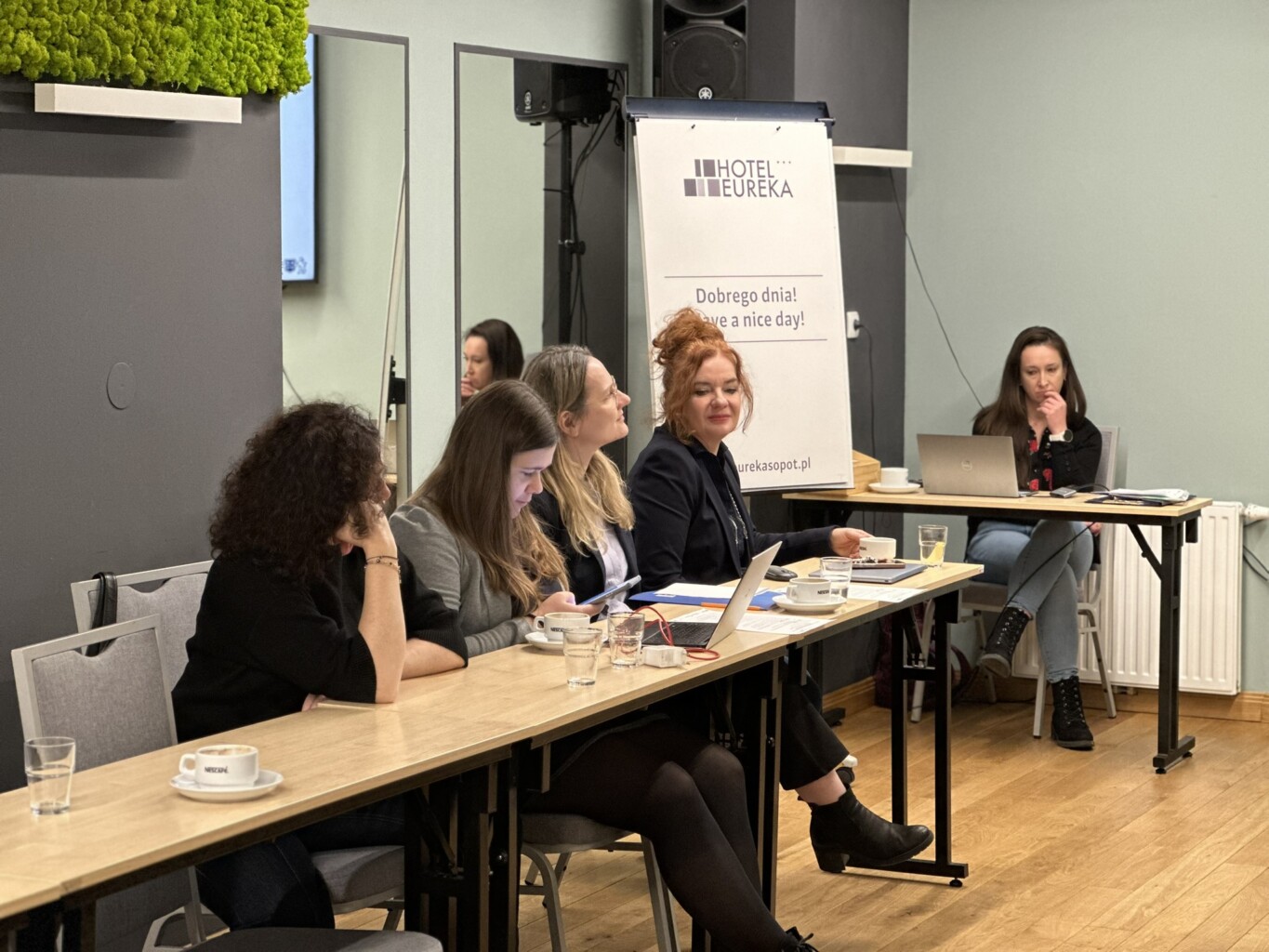
Circular MuSe
INTERREG SOUTH BALTIC, NO STHB.02.03-IP.01-0011/23

Municipal Services Company Wejherowo (PL)
Kalmar Municipality (SE)
Via University Collage (DK)
Association of Polish Communes Euroregion Baltic (PL)
Klaipeda University (LT)
Project related events

Circular MuSe - meeting of project partners in Klaipeda
On June 16-18 this year, a project visit to Klaipeda took place. The first day was full of valuable cooperation […]

Circular Muse - Kick-off Conference 20-21.11.2024 - part 2
The kick-off conference of Circular MuSe project took place in Sopot and was organized by the project leader, Gdańsk University […]

Circular Muse - Kick-off Conference 20-21.11.2024 -part 1
The kick-off conference of Circular MuSe project took place in Sopot and was organized by the project leader, Gdańsk University […]

Circular Muse - first online meeting
Today, the first conference of the Circular MuSe project was held in an online format. Project partners presented their organizations […]

Circular Muse
We are pleased to present to you another project that we will be implementing over the next 3 years. Circular […]
Circular MuSe - Promoting circular economy approaches that increase the resource efficiency of municipal services
Municipalities and urban utility companies provide various services to residents and visitors. Offering these services involves a wide range of fundamental tasks and background operations (e.g., winter road snow removal, repair work on streets and other public infrastructure, maintenance of public spaces, etc.). Many of these activities by municipalities and utilities still rely on the linear economy paradigm, which in turn involves excessive use of - often even raw materials (e.g., sand or gravel for winter road snow removal), which become waste and are disposed of after a single use. The result is relatively high consumption of raw materials and the generation of waste during the provision of municipal services.
Applying circular economy principles to these fundamental tasks and background operations could significantly reduce the environmental impact of providing municipal services in the Southern Baltic area. There are also potential leverage points to reduce raw material consumption and waste production, which lie even within the direct sphere of influence of municipalities and municipal utility companies, for example:
- Reusing raw materials within individual municipal services (e.g., reusing gravel for winter road snow removal multiple times).
- Reusing raw materials across different municipal services, i.e., using materials currently disposed of as "waste" or by-products of one municipal service for other purposes within the provision of municipal services (e.g., separating and using sand collected by street sweepers for urban earthworks or sediment from stormwater retention for creating and/or fertilizing urban greenery).
The Circular MuSe project takes a comprehensive and systematic approach to promoting circular economy principles in municipal services across the South Baltic area.
The overall aim of the project is to support municipal enterprises and municipalities in smaller towns and rural areas in adopting a circular approach that promotes the reuse of raw materials in their supply chains, thereby enabling the efficient use of resources in municipal services.
The overarching goal is to increase resource efficiency by minimizing raw material consumption and reducing waste through the reuse of materials in municipal service supply chains.
The project focuses on smaller towns and rural areas, recognizing their unique challenges and opportunities in transitioning to a circular economy.
The project approach is based on three main objectives:
- Establishing the "South Baltic Knowledge Hub on Circular Municipal Services" to facilitate cross-border capacity building and knowledge transfer. This will be ensured by conducting in-depth analyses to identify the needs and potentials for applying circular economy solutions in various thematic areas of municipal services; inventorying existing technical and organizational solutions applicable to circular municipal services; assessing replication potential and creating an open online catalog with case studies and information on "knowledge agents".
- Testing and evaluating new circular approaches to enrich the portfolio of available solutions. This will be ensured by conducting feasibility studies based on existing best practices and the latest international knowledge; implementing international workshops and peer review sessions to accompany pilots in the involved municipalities; co-designing, testing, and evaluating new circular solutions by urban utility companies, documenting results, and providing guidelines and plans for followers.
- Implementing support measures based on co-developed curricula for delivering circular municipal services. This will be achieved by identifying target groups and their needs, with a special focus on municipal utility companies, smaller towns, and rural municipalities; tailoring educational and mentoring programs to the specific needs of the target groups; organizing and implementing educational programs for urban utility companies and decision-makers, recruiting companies through municipal umbrella organizations, and facilitating thematic exchange workshops and study visits in Circular MuSe pilot cities.
Project activities are grouped into three content-related work packages. The first is dedicated to the creation of the "South Baltic Knowledge Hub on Circular Municipal Services". It includes the development of an open catalog of case studies and available solutions for circular municipal services, the development of a set of modular curricula and mentoring programs for urban utility companies and urban decision-makers, and the establishment of an international network of circular economy experts from R&D institutions. The second work package focuses on the practical implementation and evaluation of innovative circular approaches within municipal services, which involve planning, implementing, and evaluating pilot solutions in technical-organizational practices for providing circular municipal services. The last work package involves educational and mentoring programs for urban utility companies along with international workshops connecting practitioners and researchers.
The target groups of the project are urban utility companies in smaller towns and rural areas, smaller towns and rural municipalities, and associations of municipalities and/or sectoral utility company associations.
PROJECT BRIEF
Program: Interreg South Baltic
Project Area: Circular economy, improving municipal management, better utilization of resources and raw materials
Project Scope: Local and transnational
Role of STG ERB: Partner with its own budget
Funding Level: 80%
Project Budget: 1 424 656,00 EUR
STG ERB Budget: 69 500,00 EUR
Project Consortium: The project is implemented jointly with 6 full partners from Poland, Sweden, Denmark and Lithuania and 8 associated partners.
